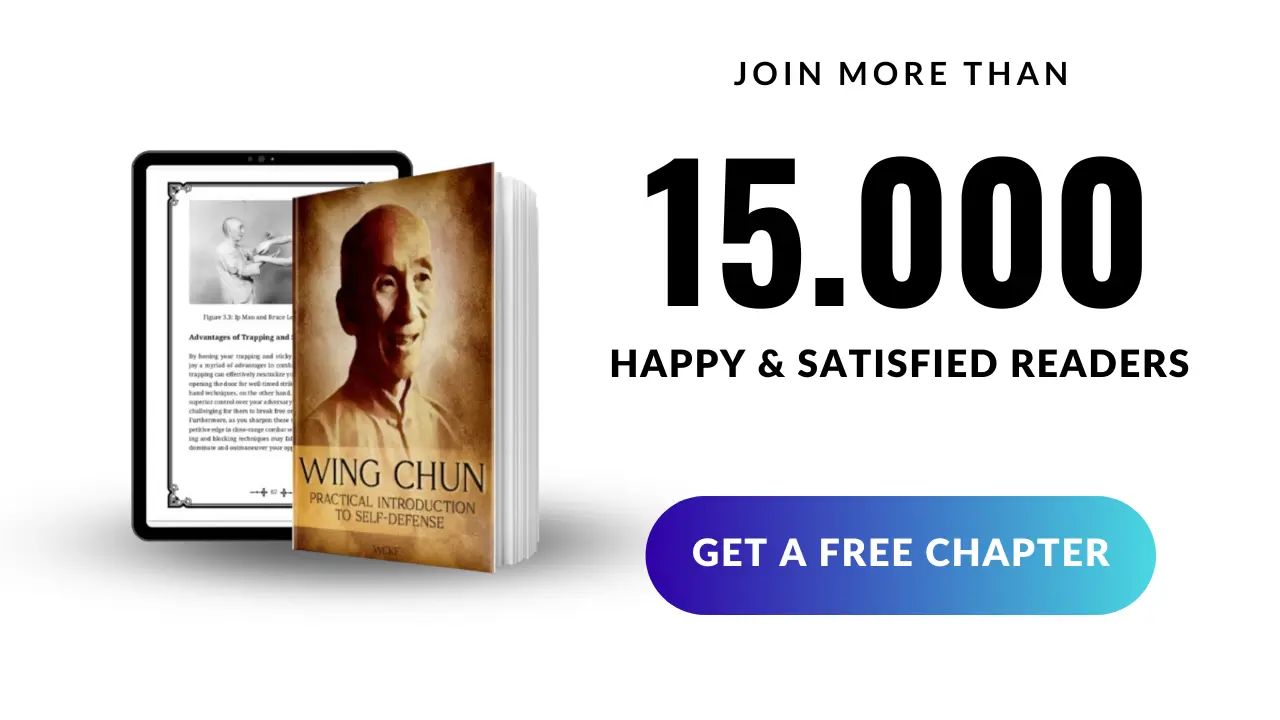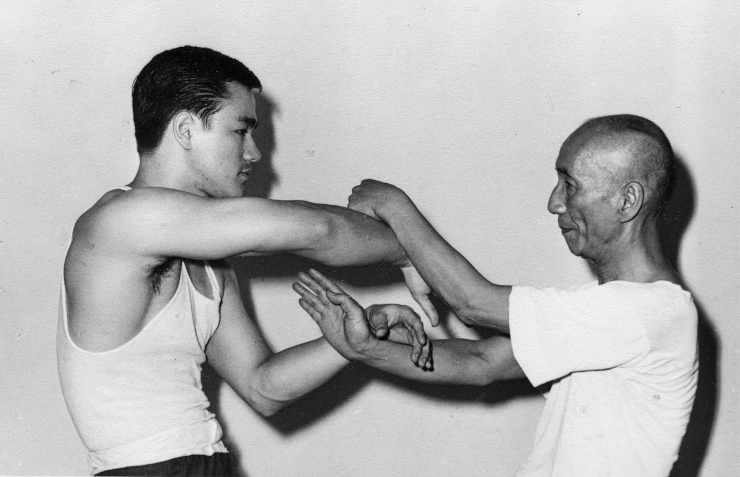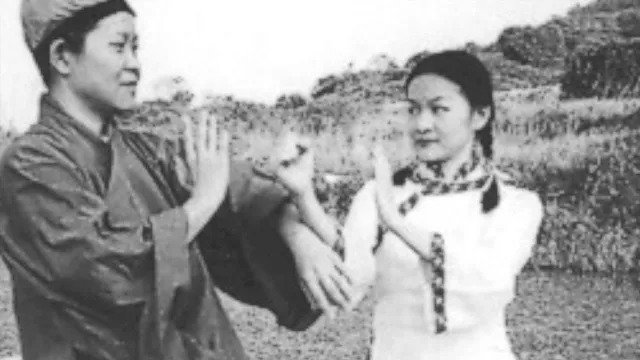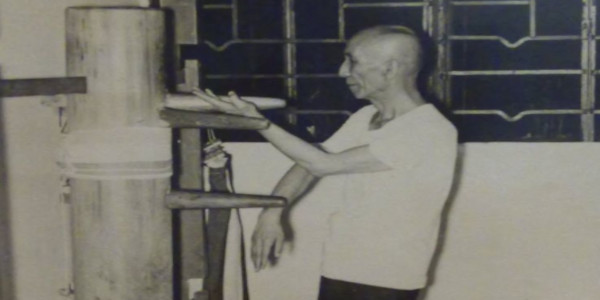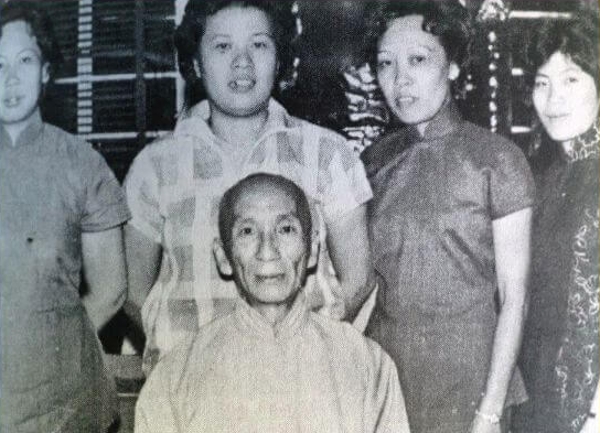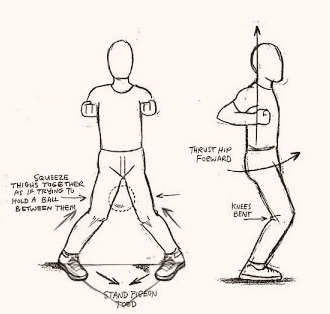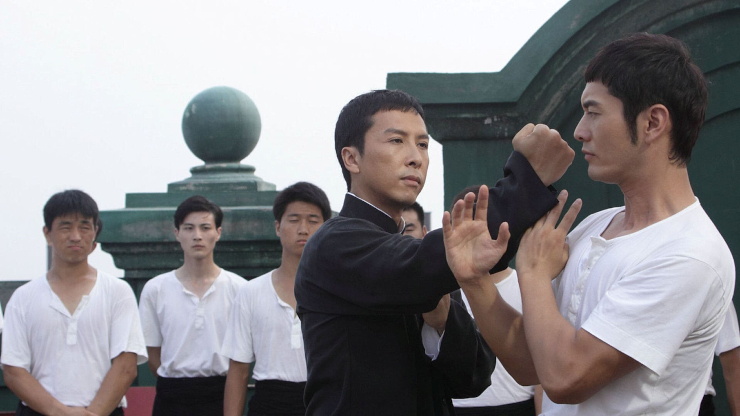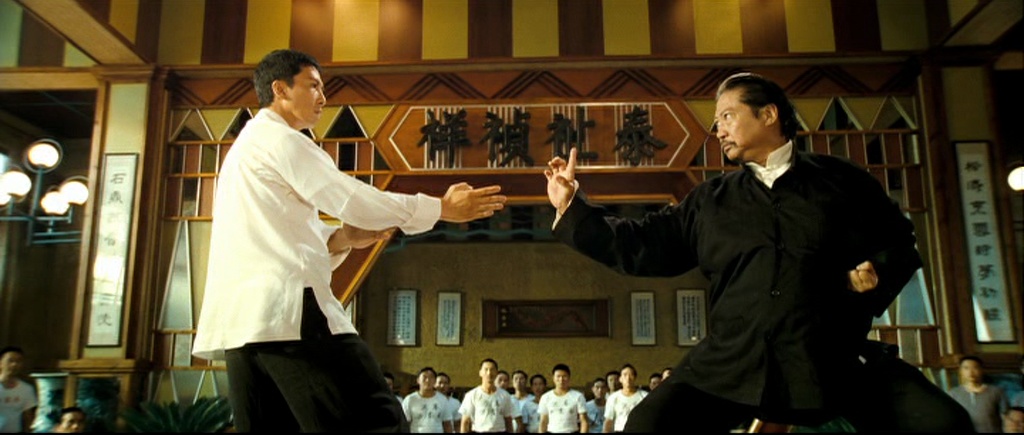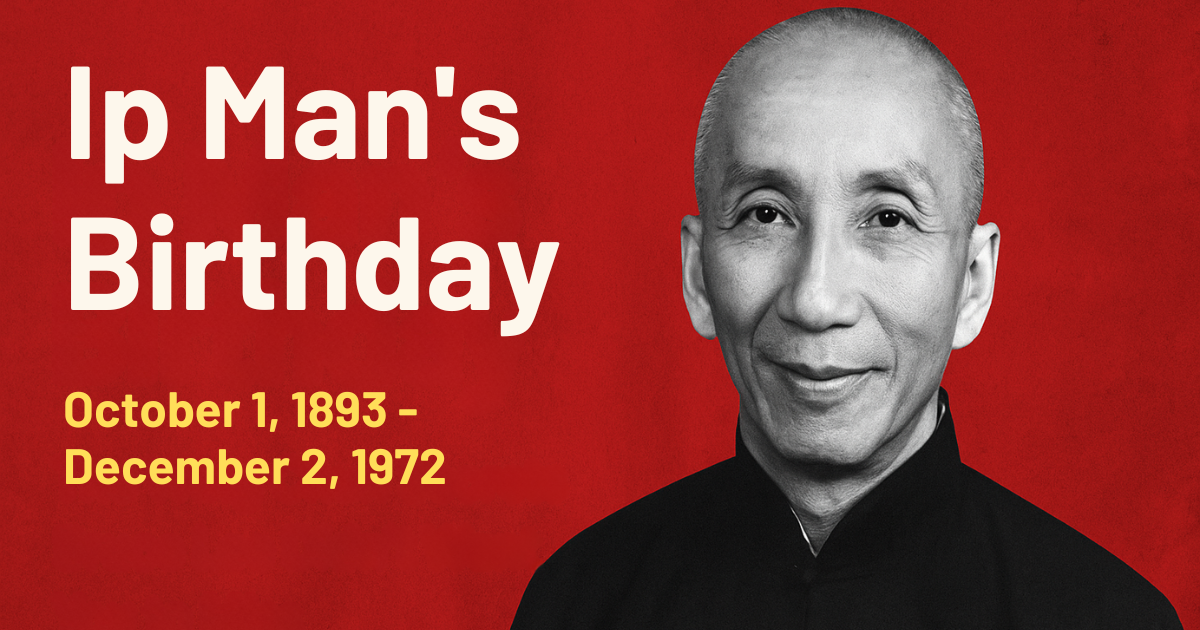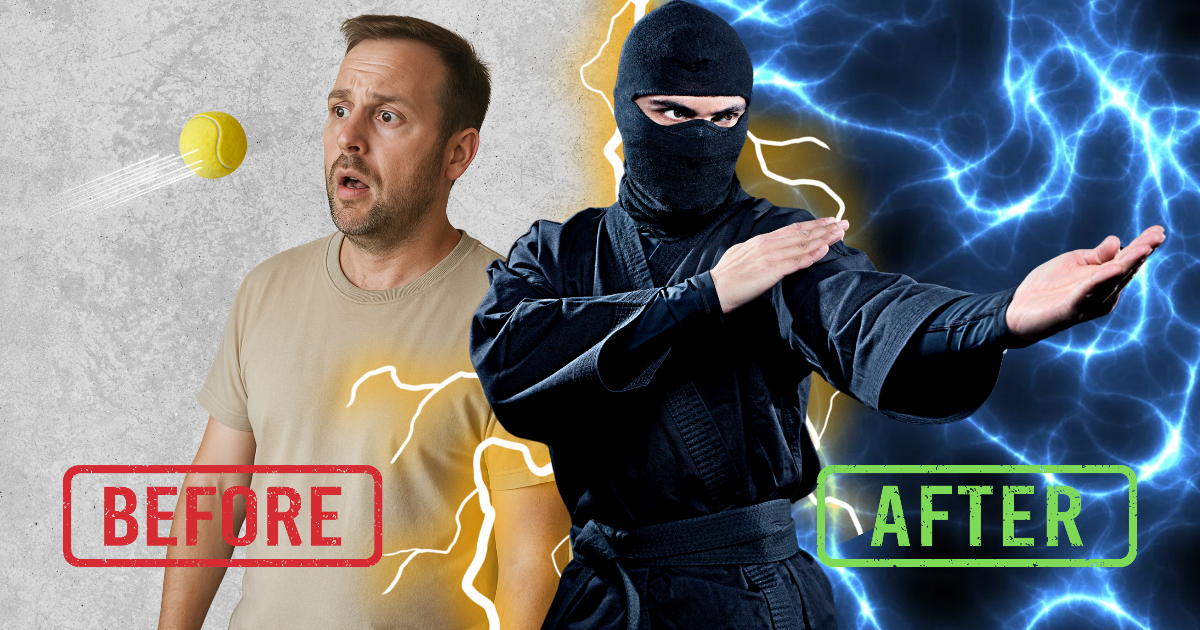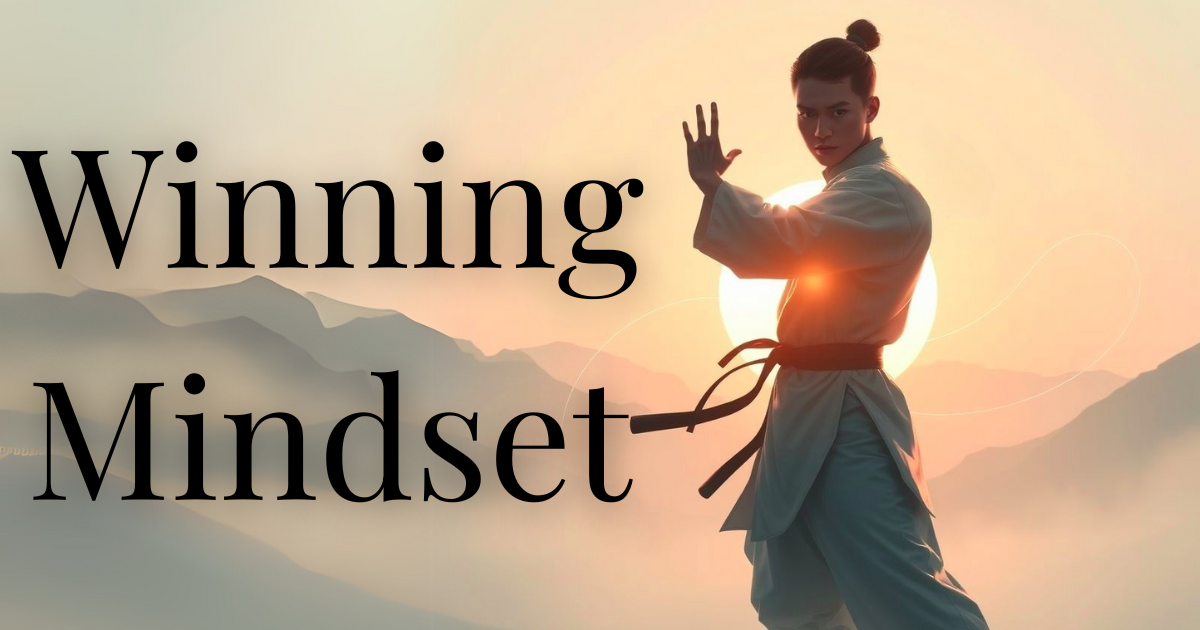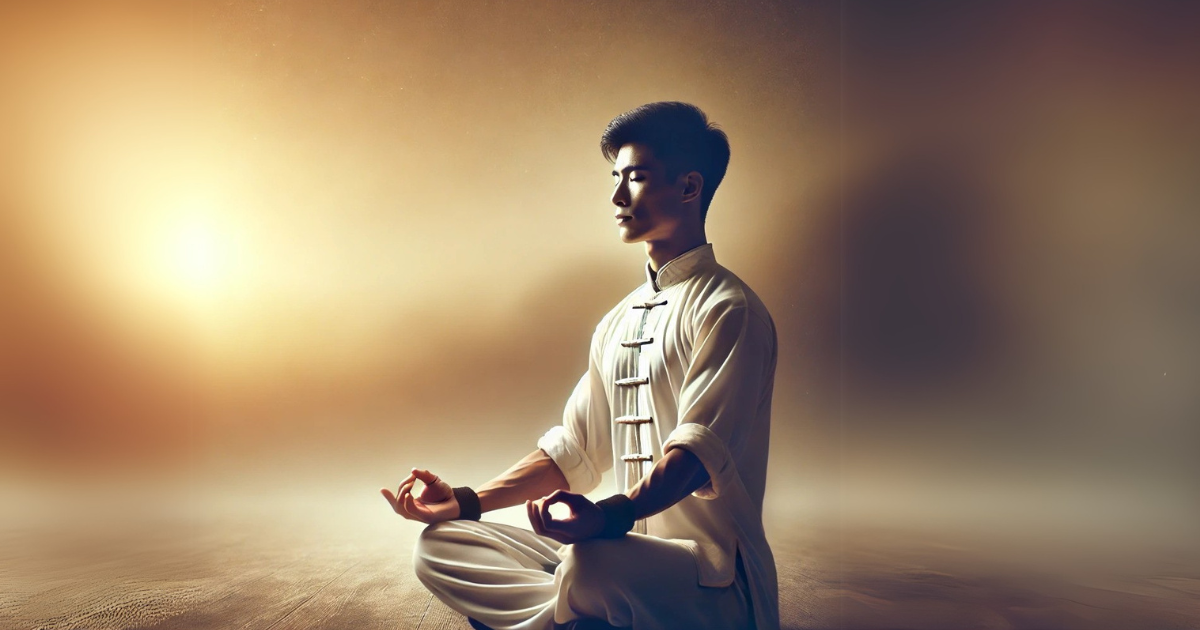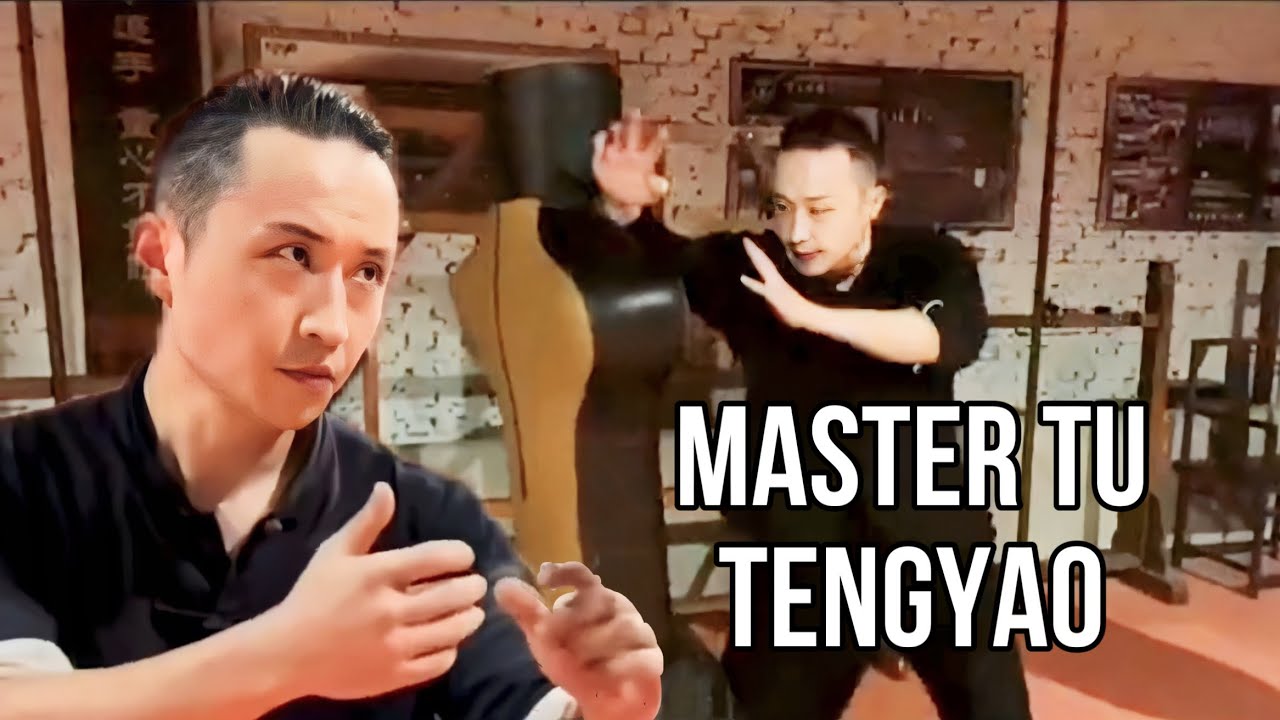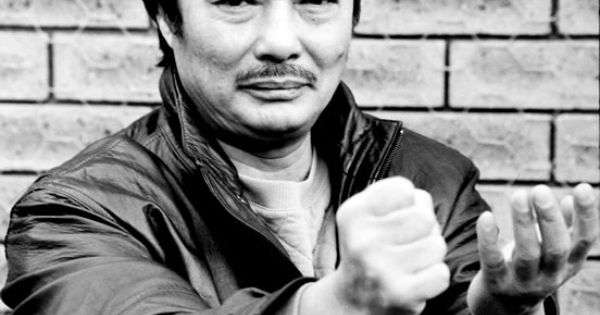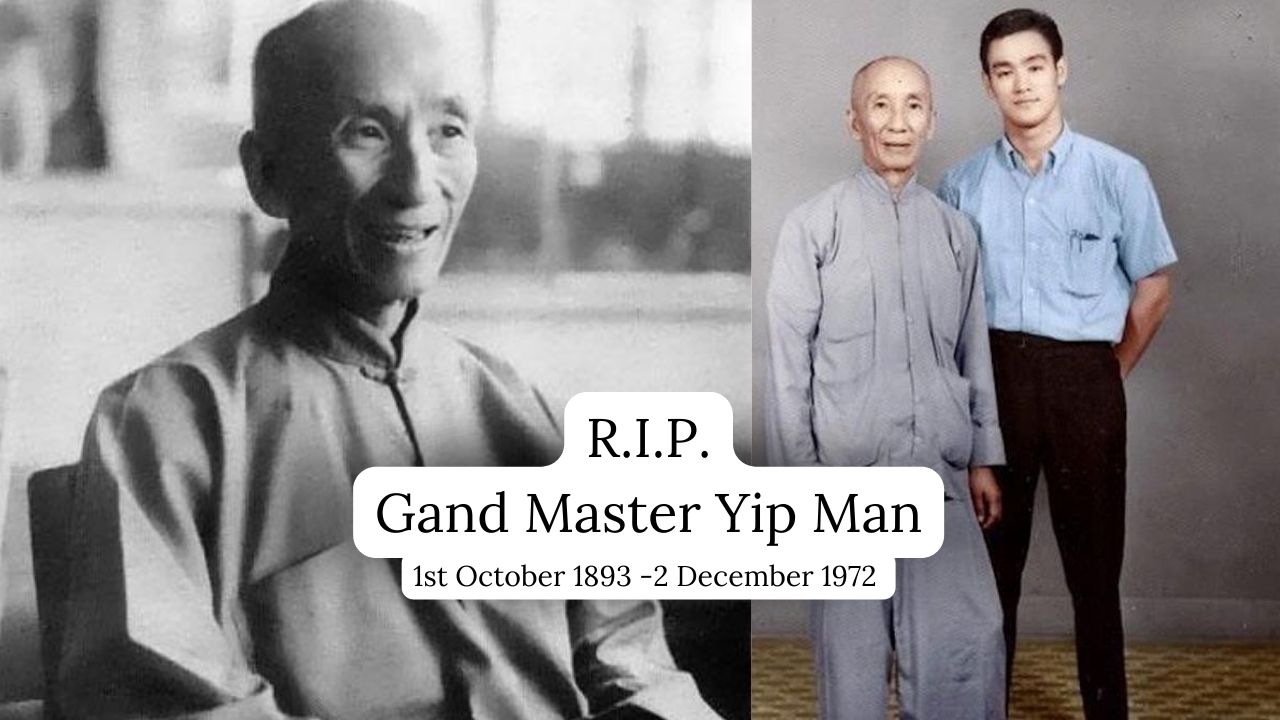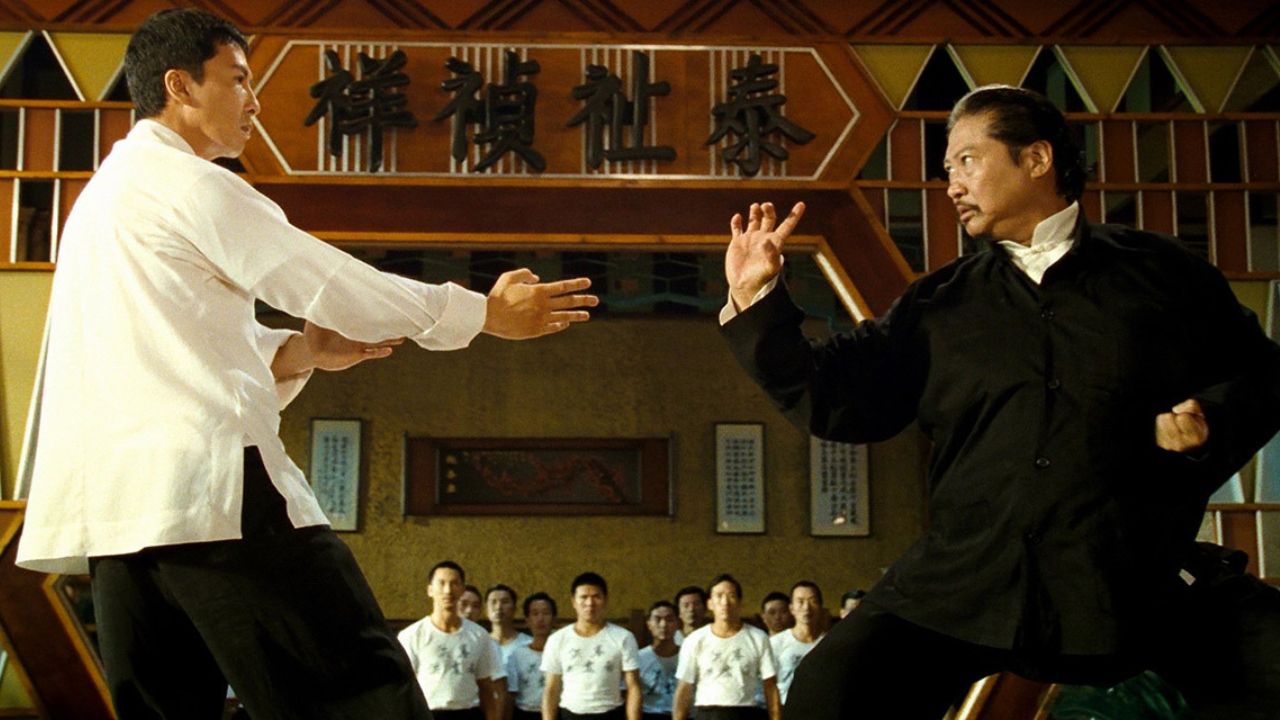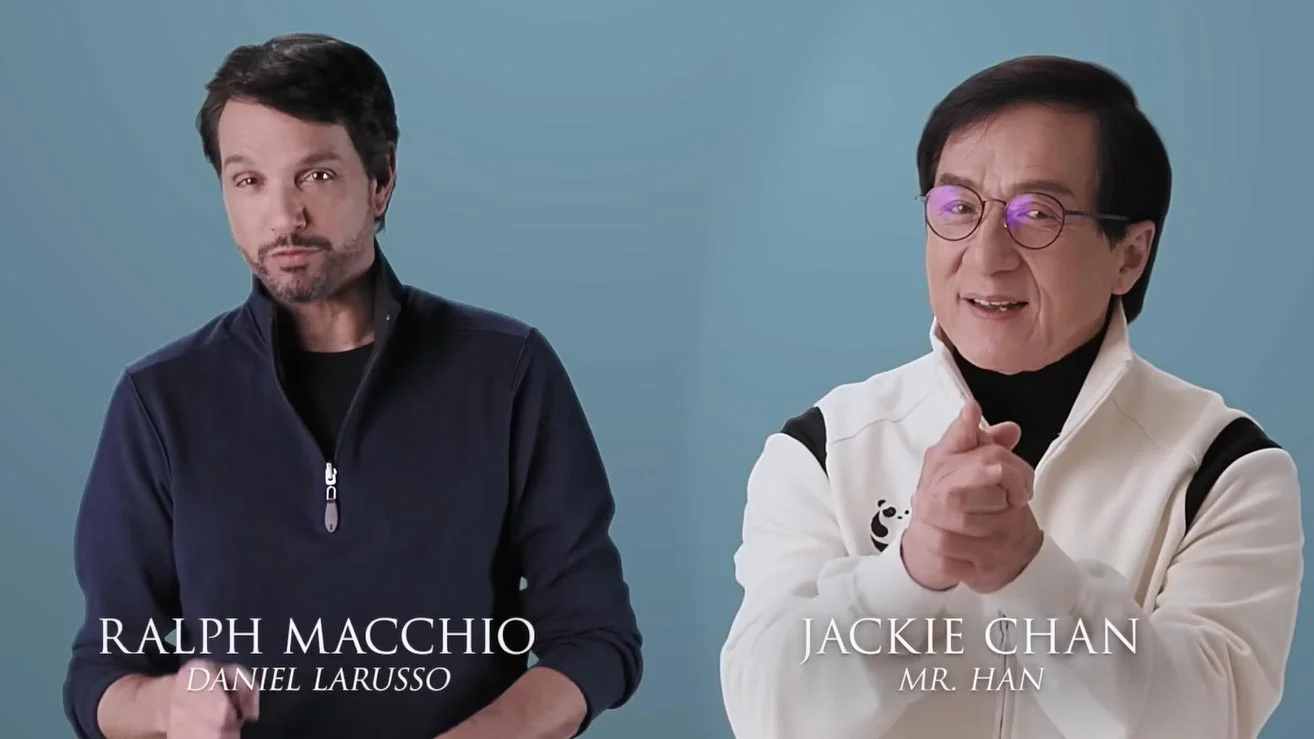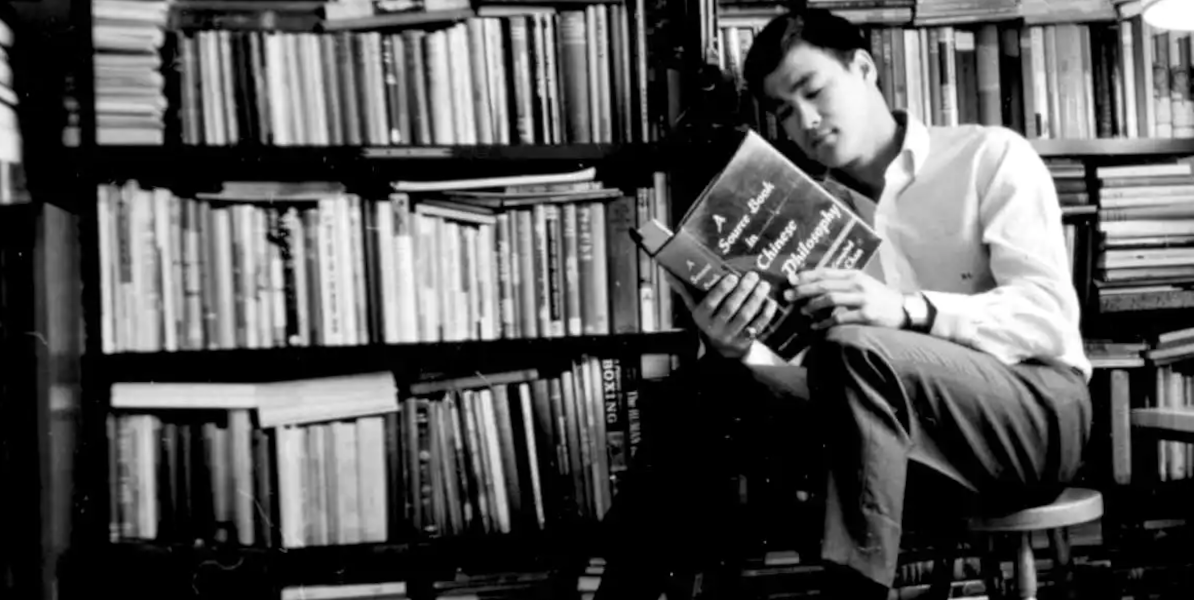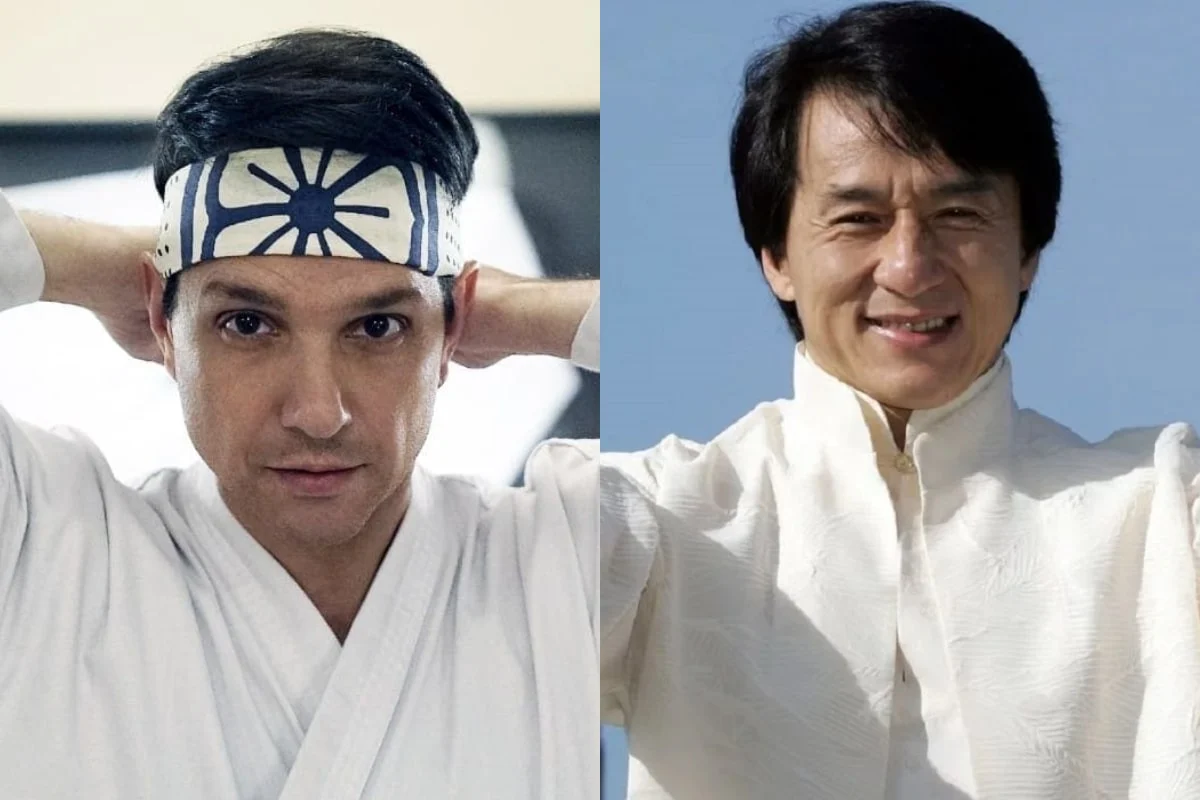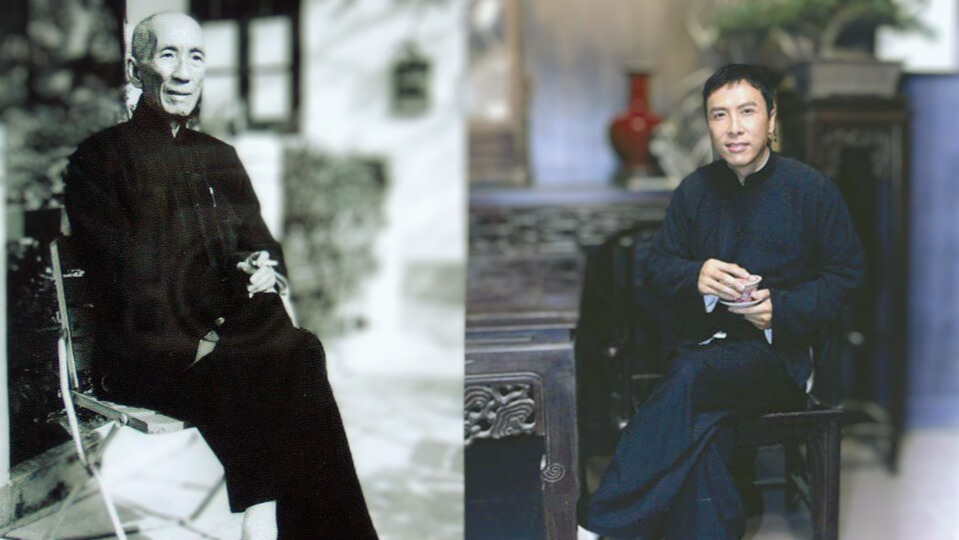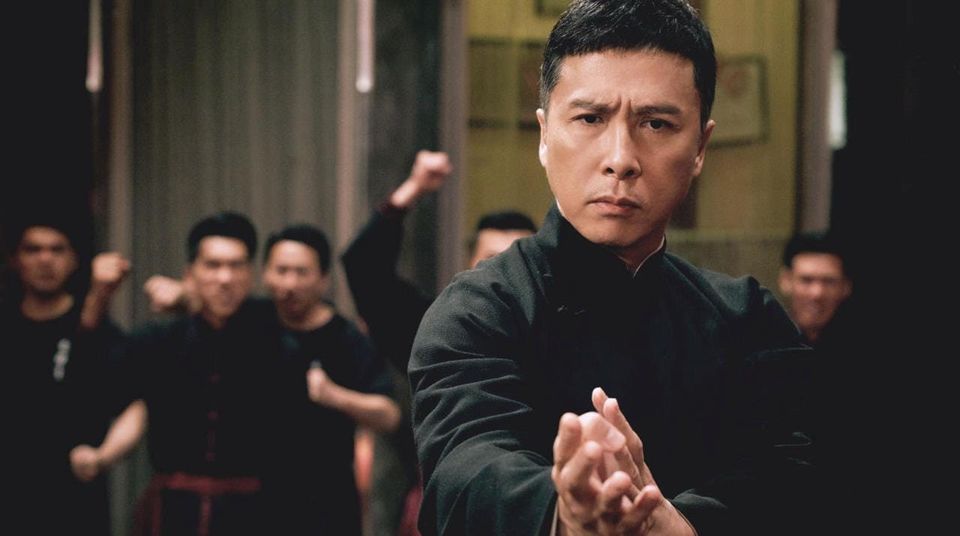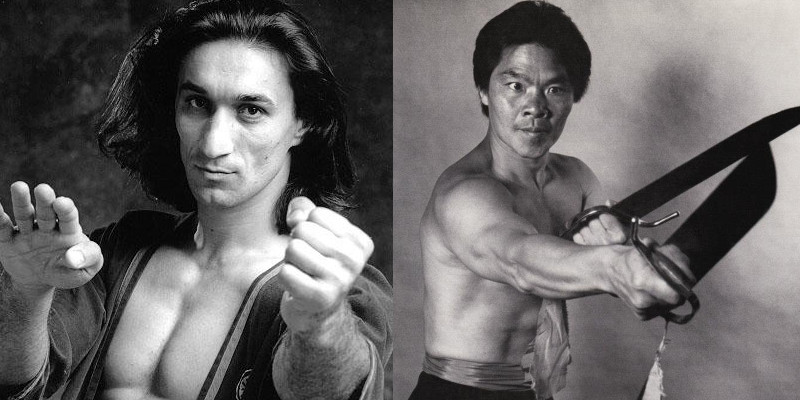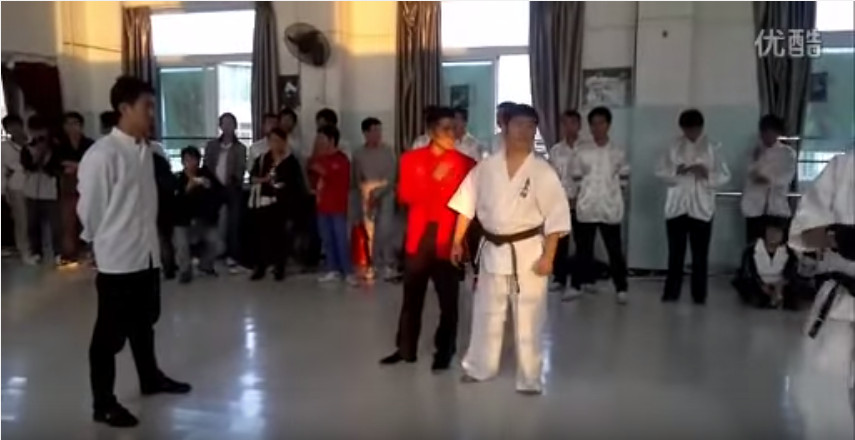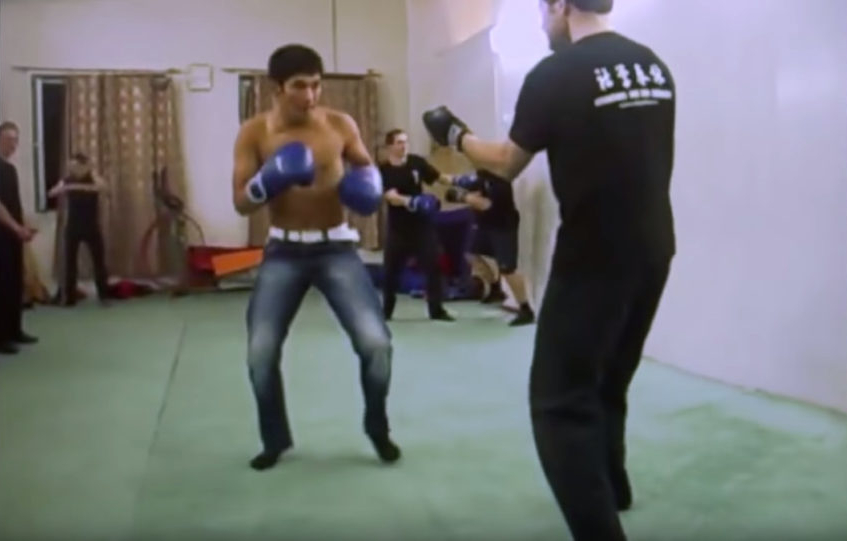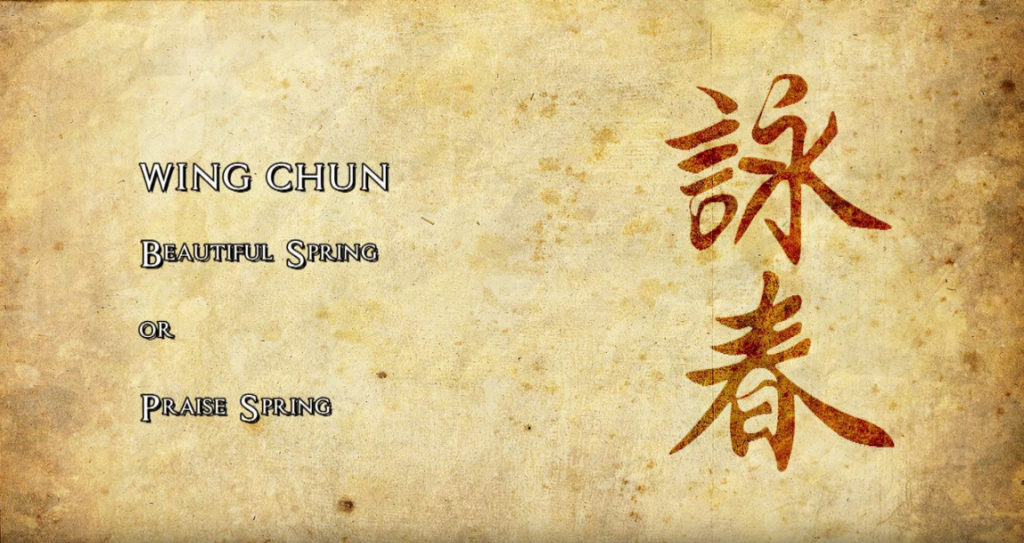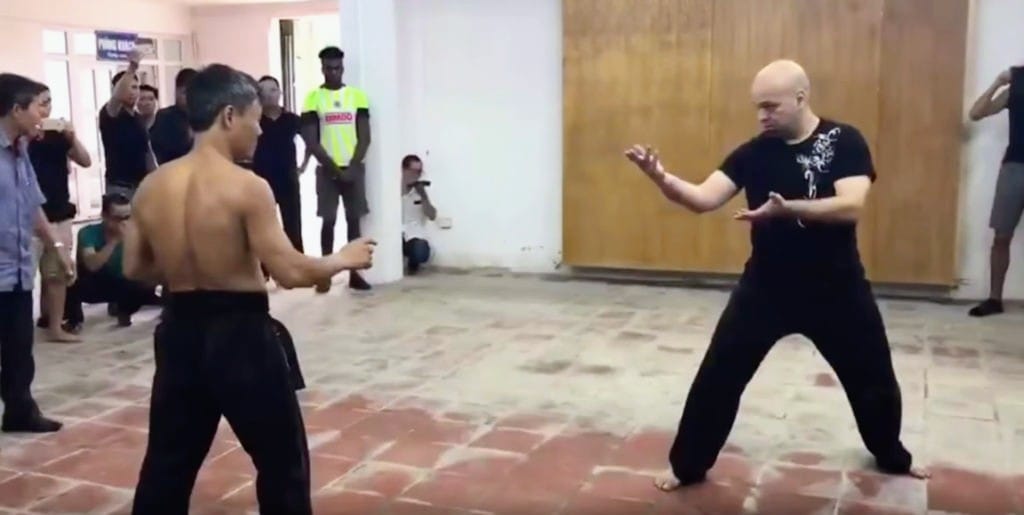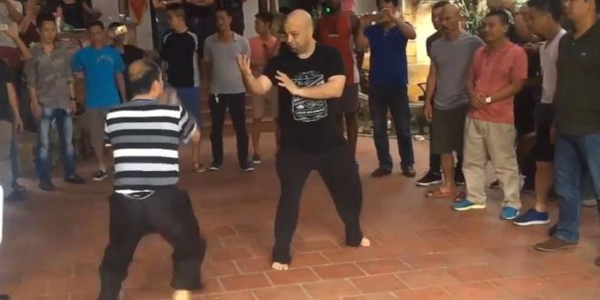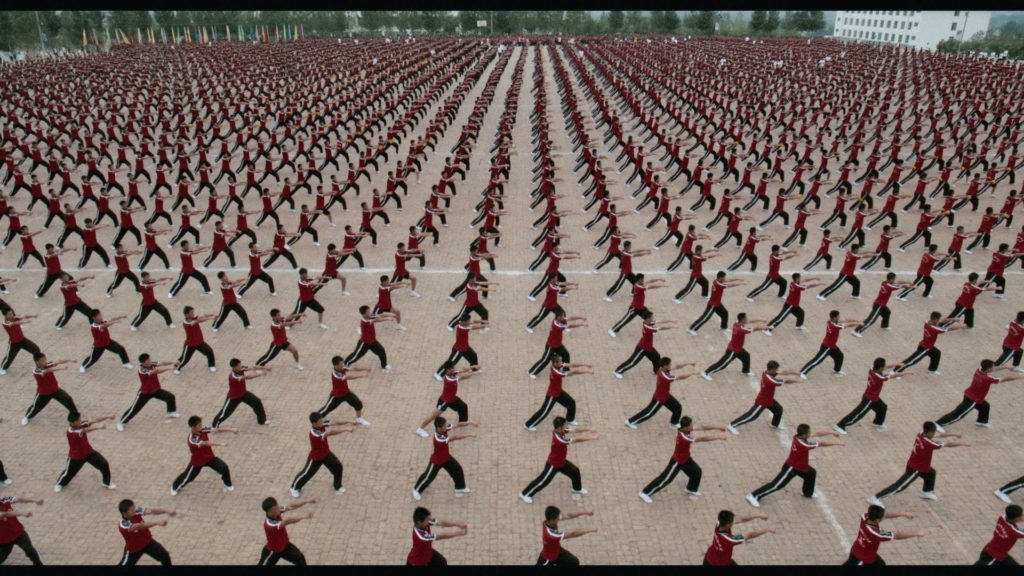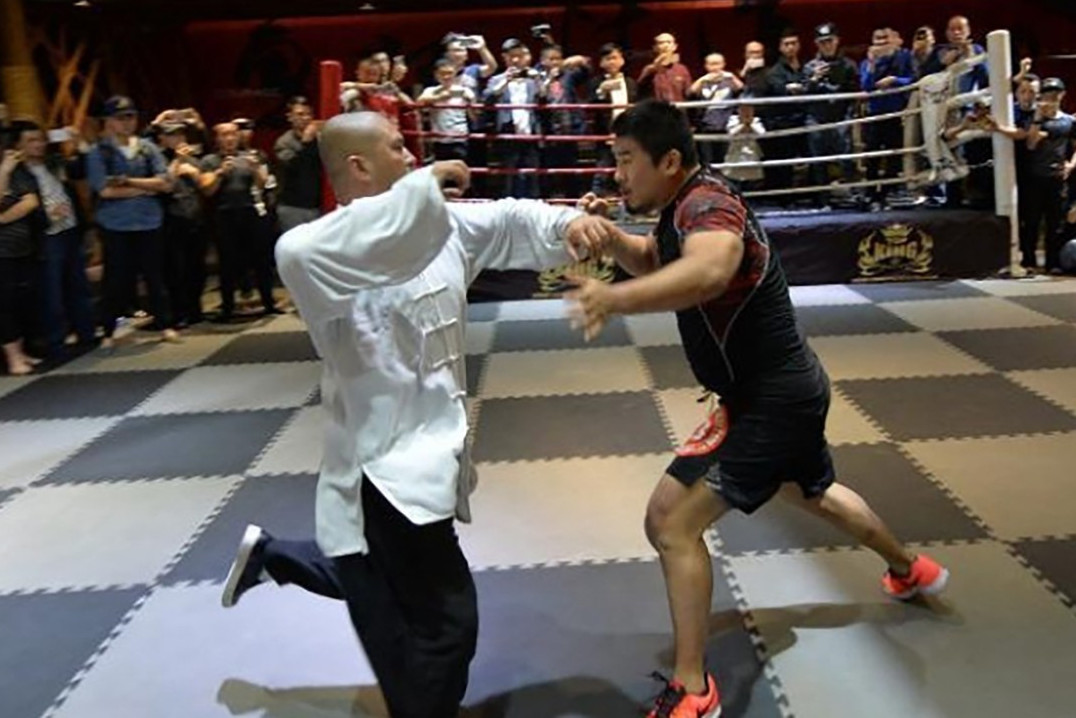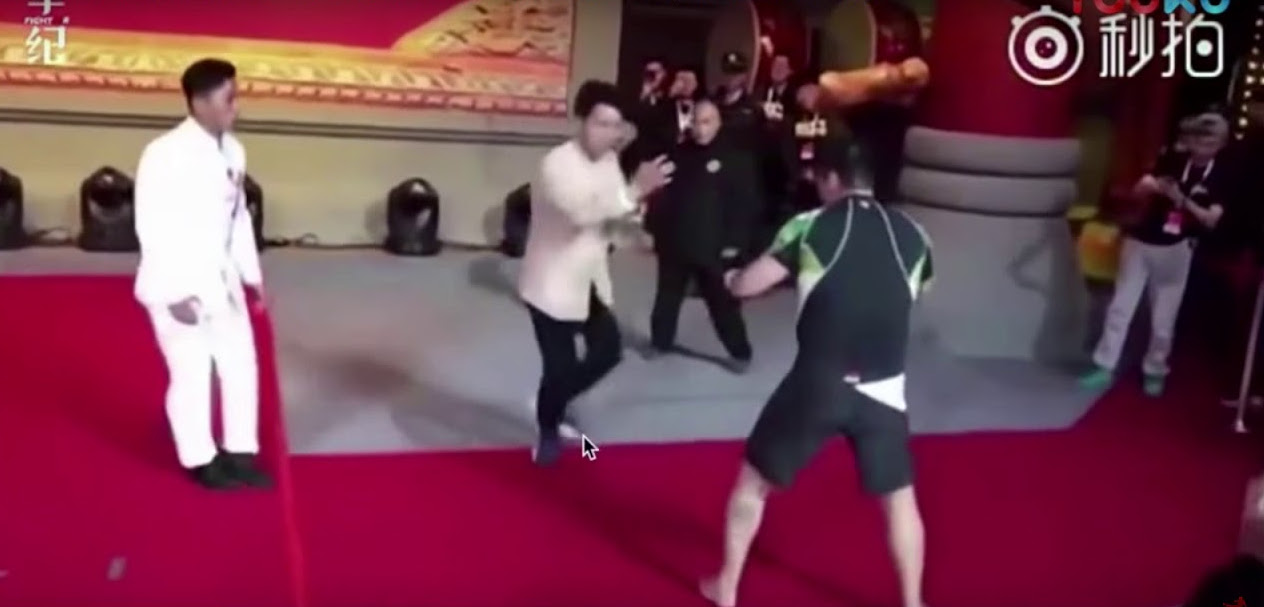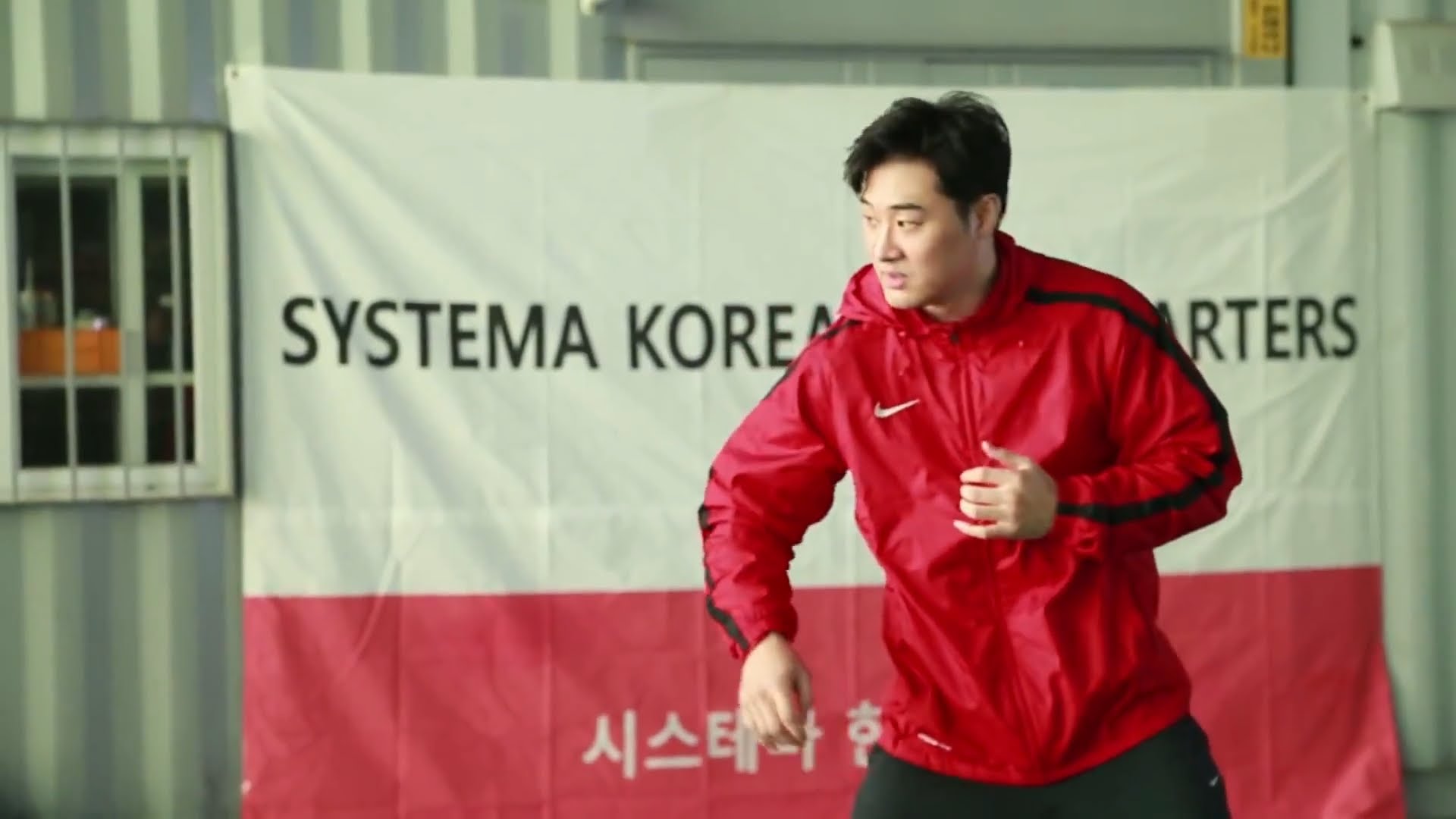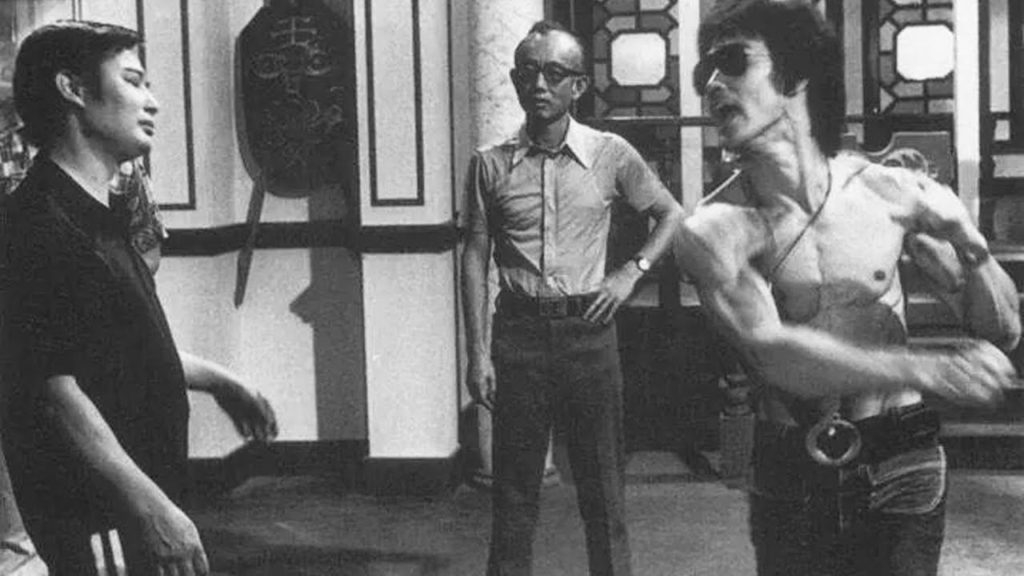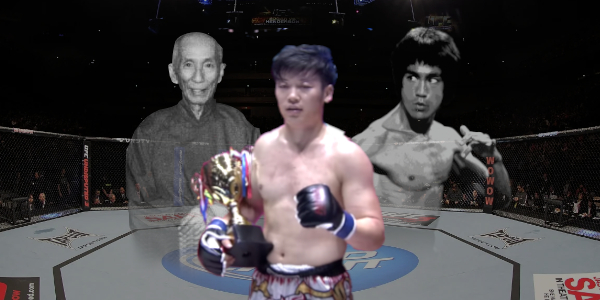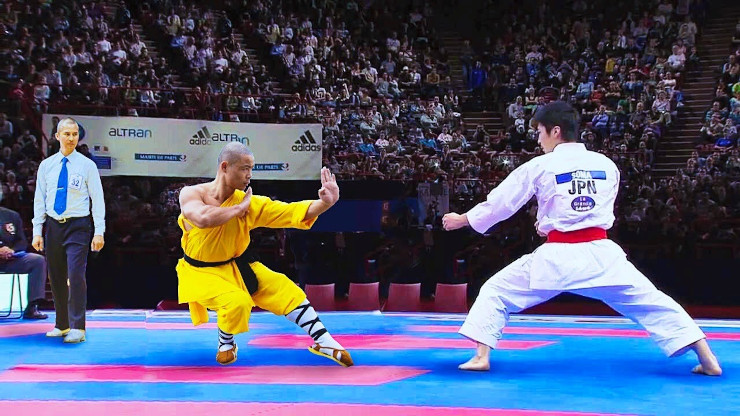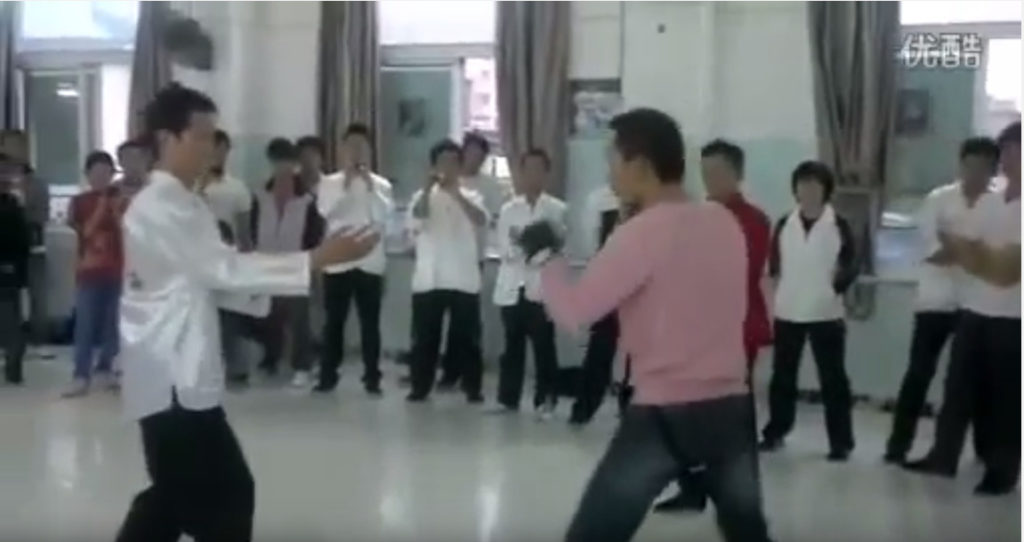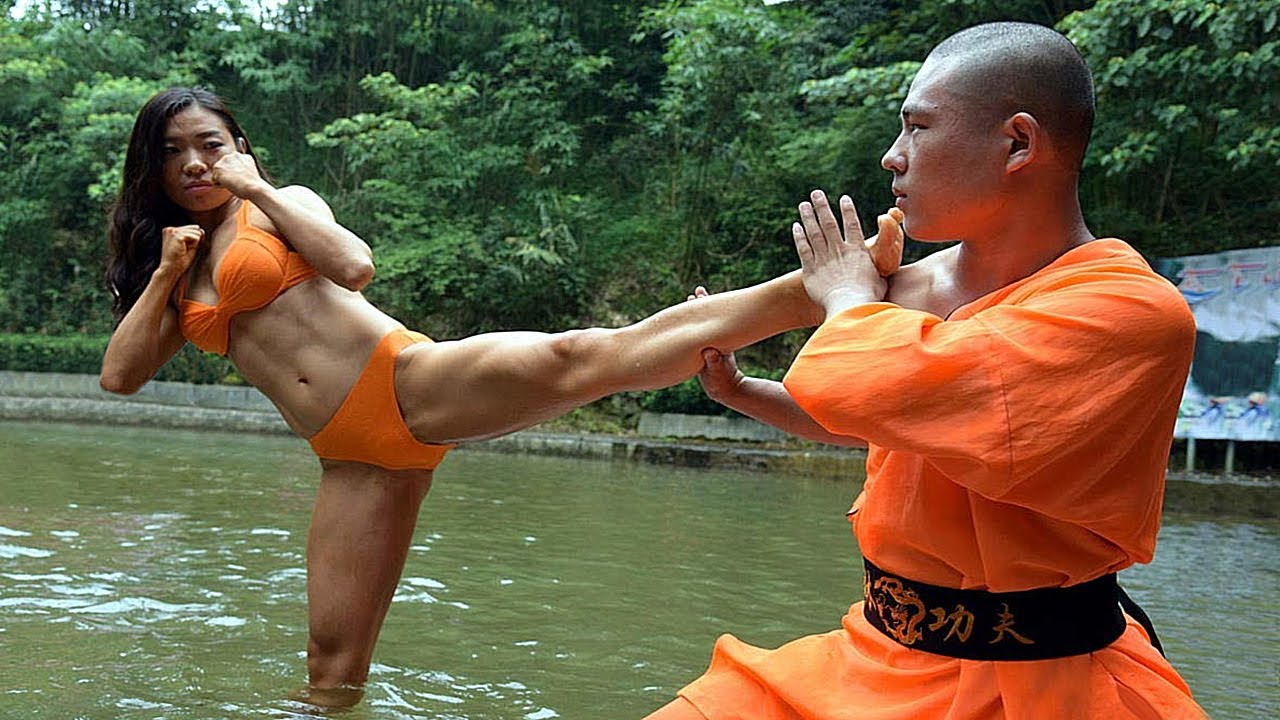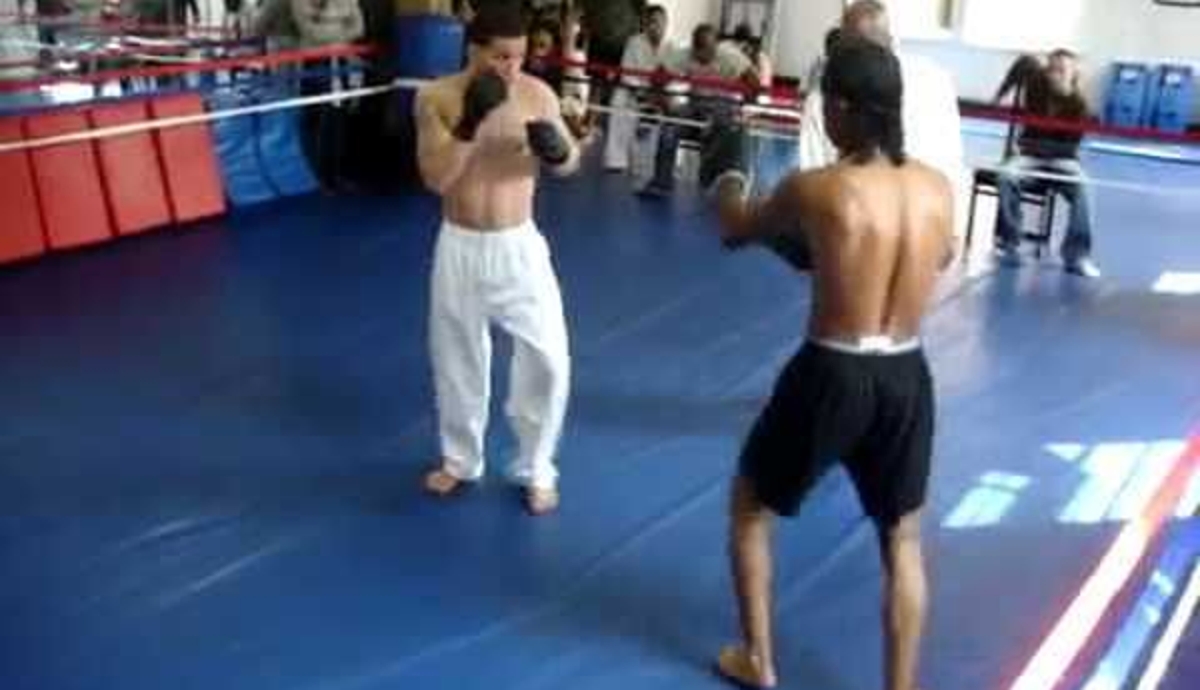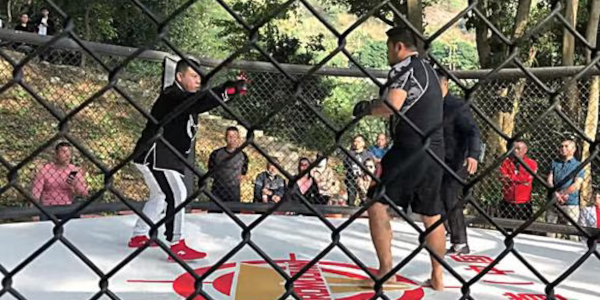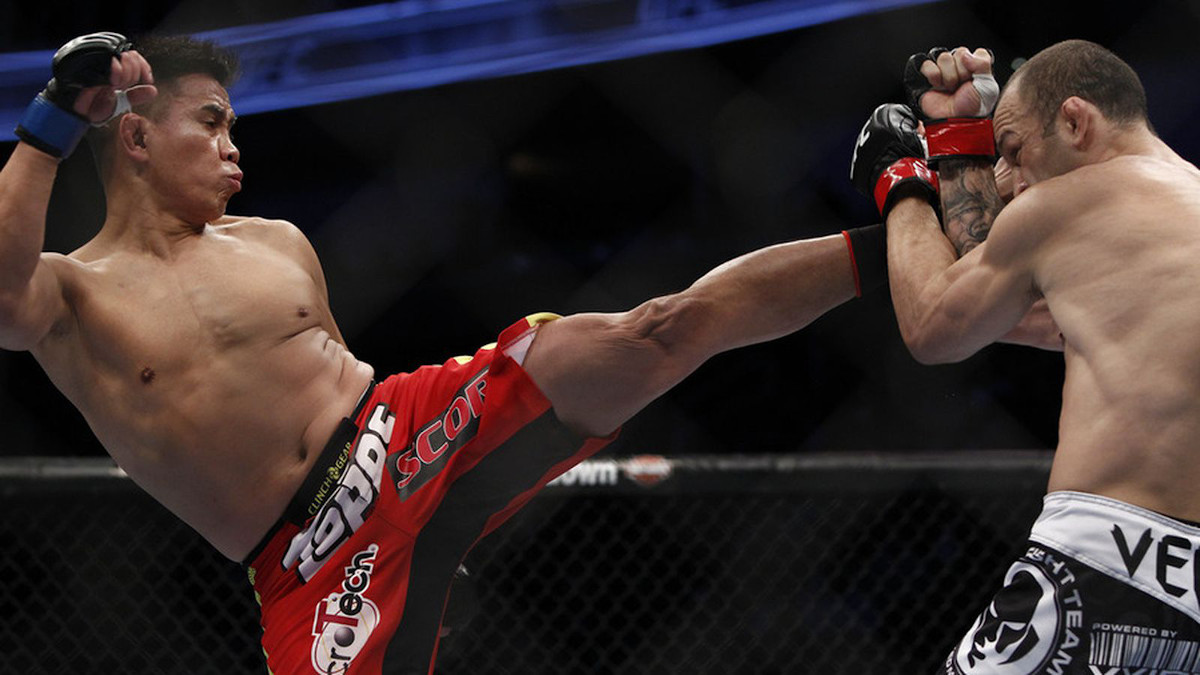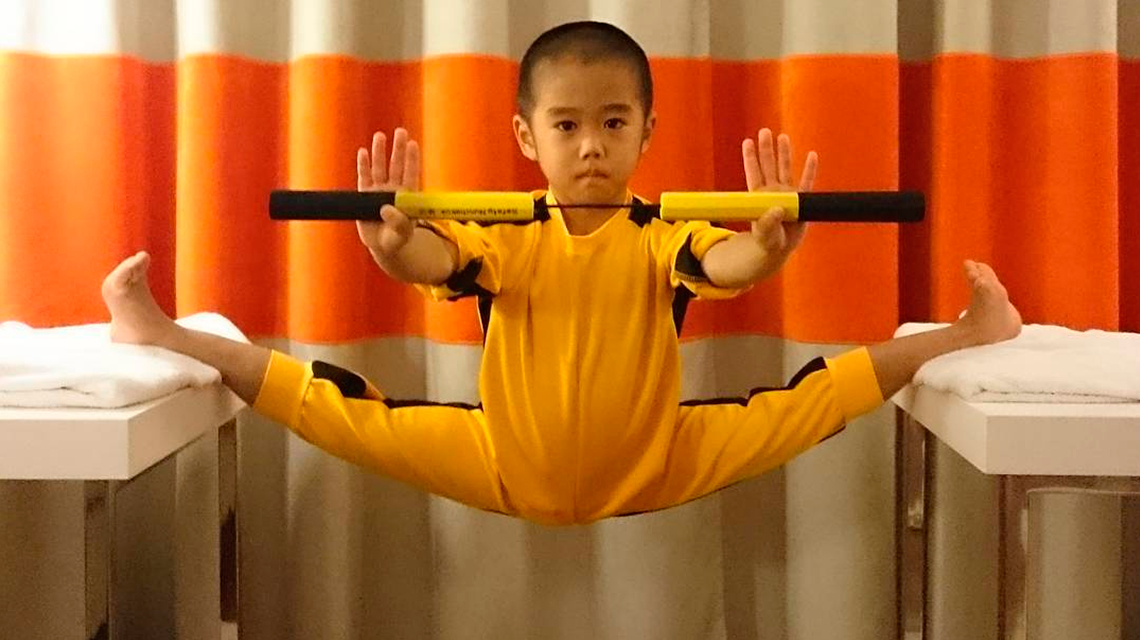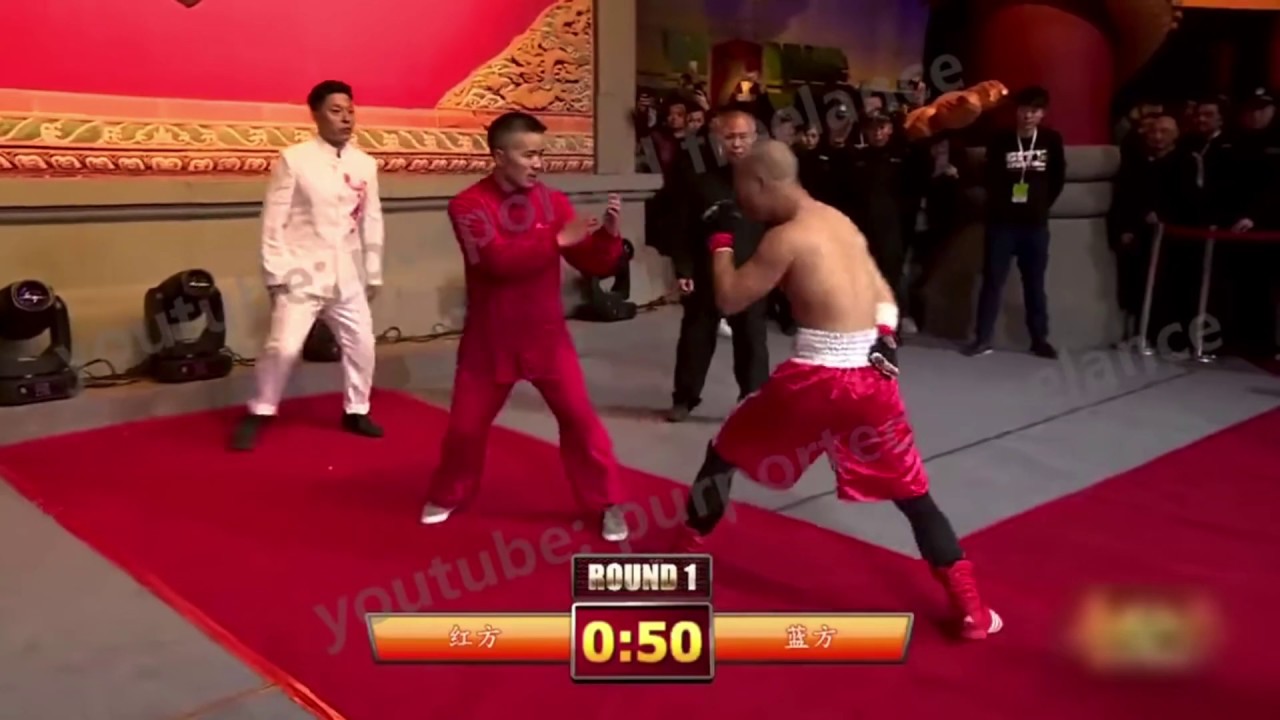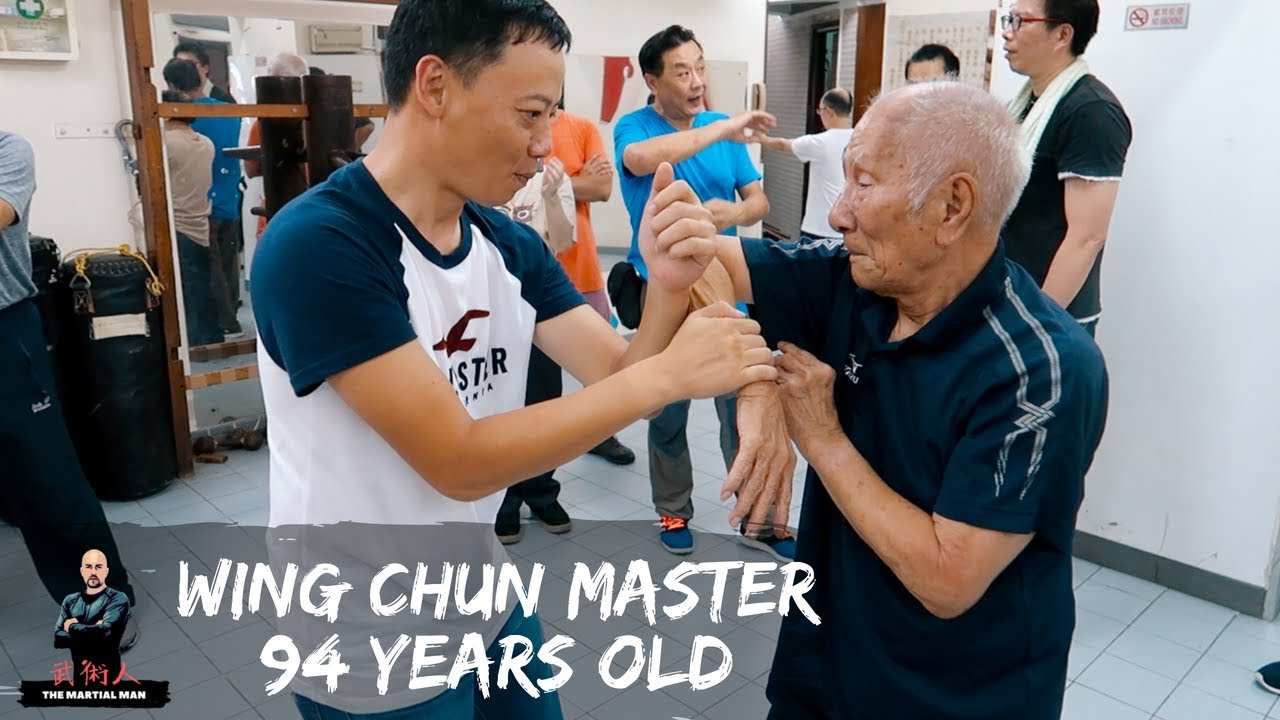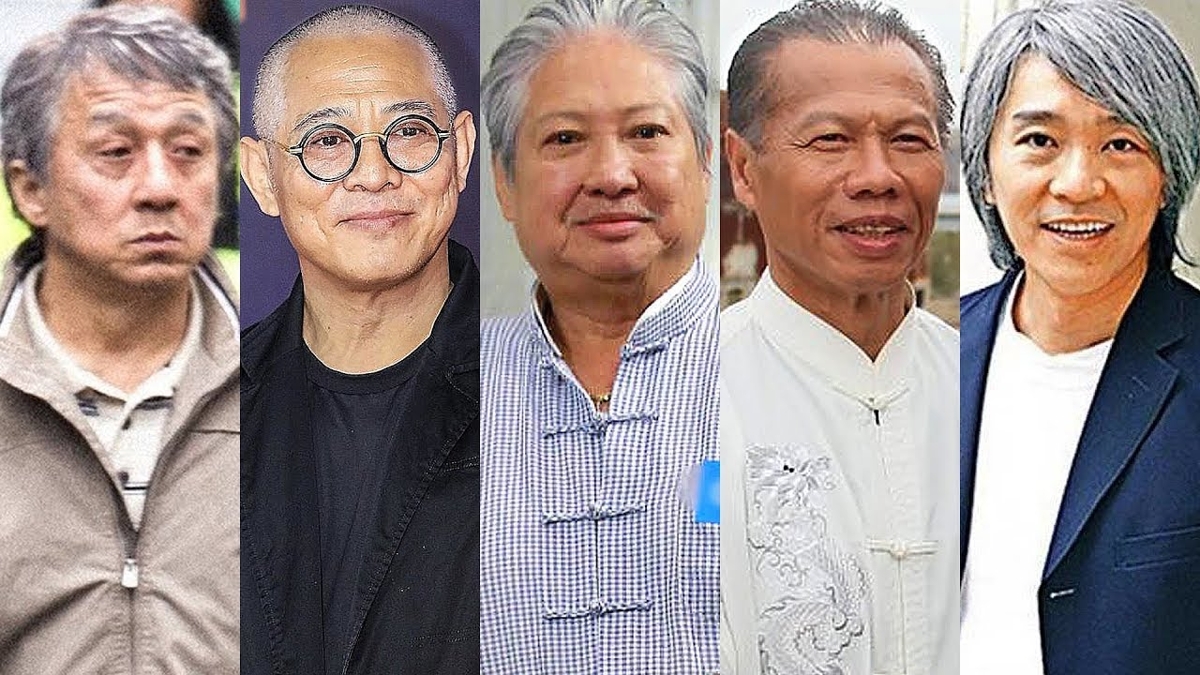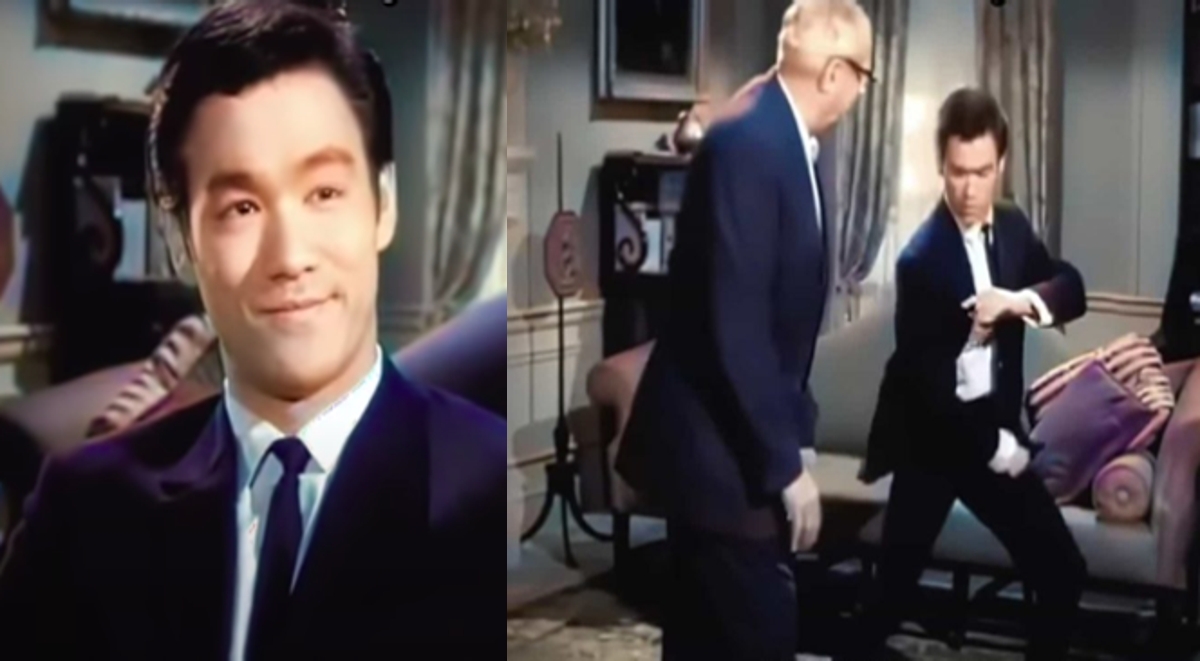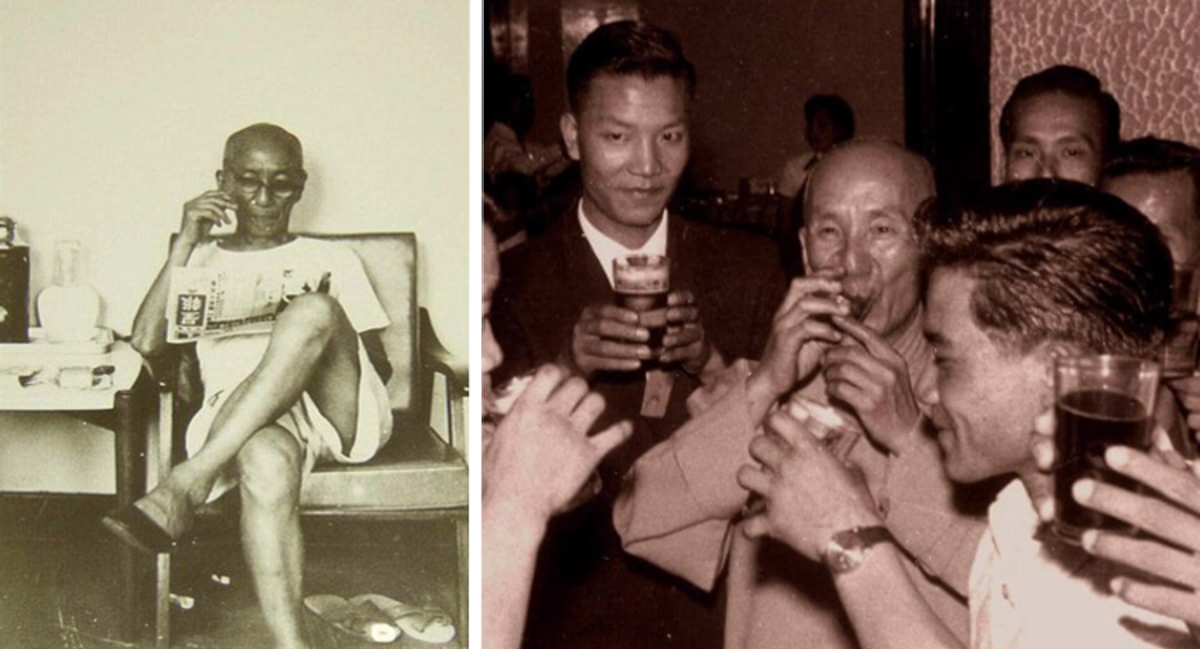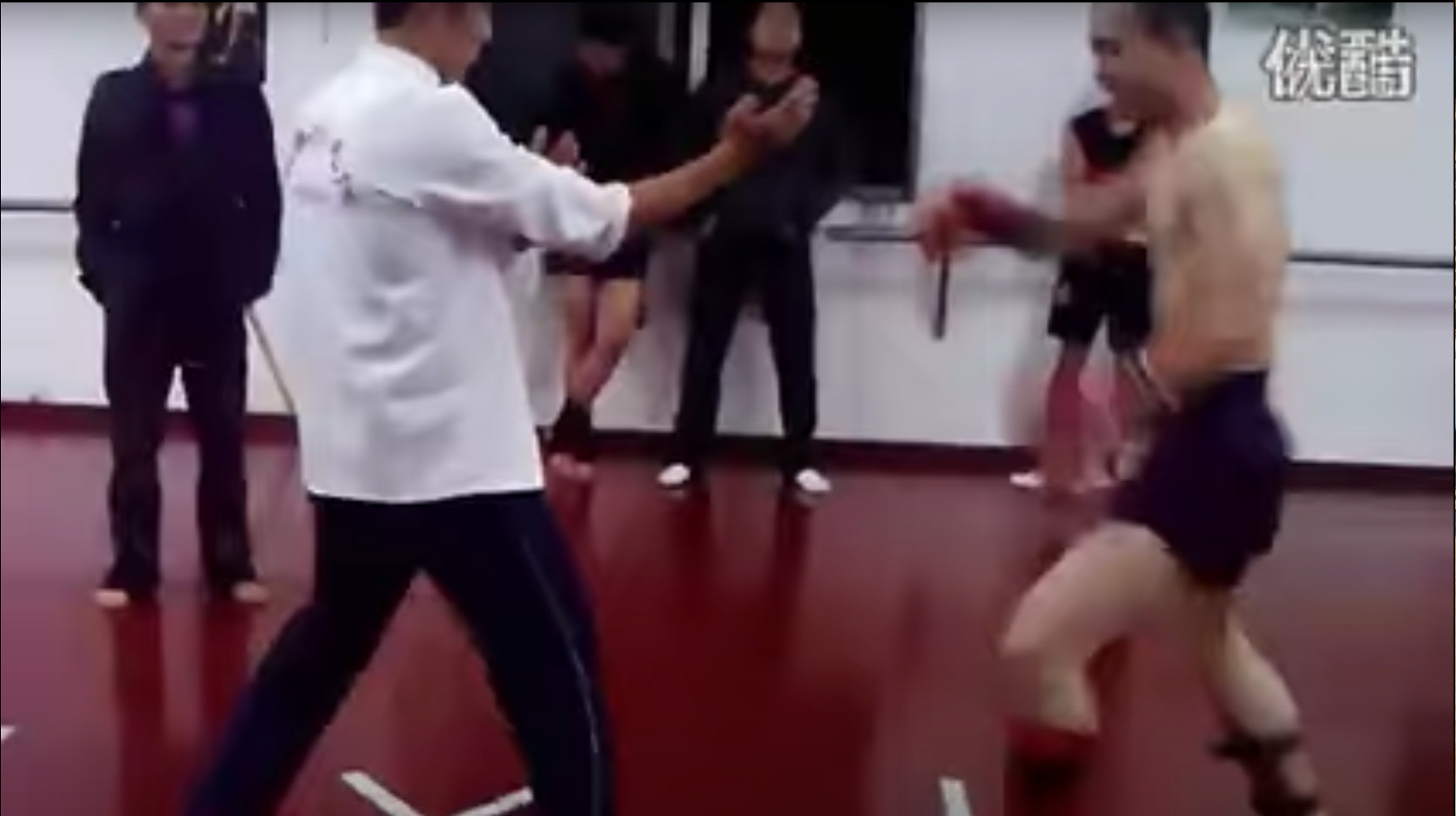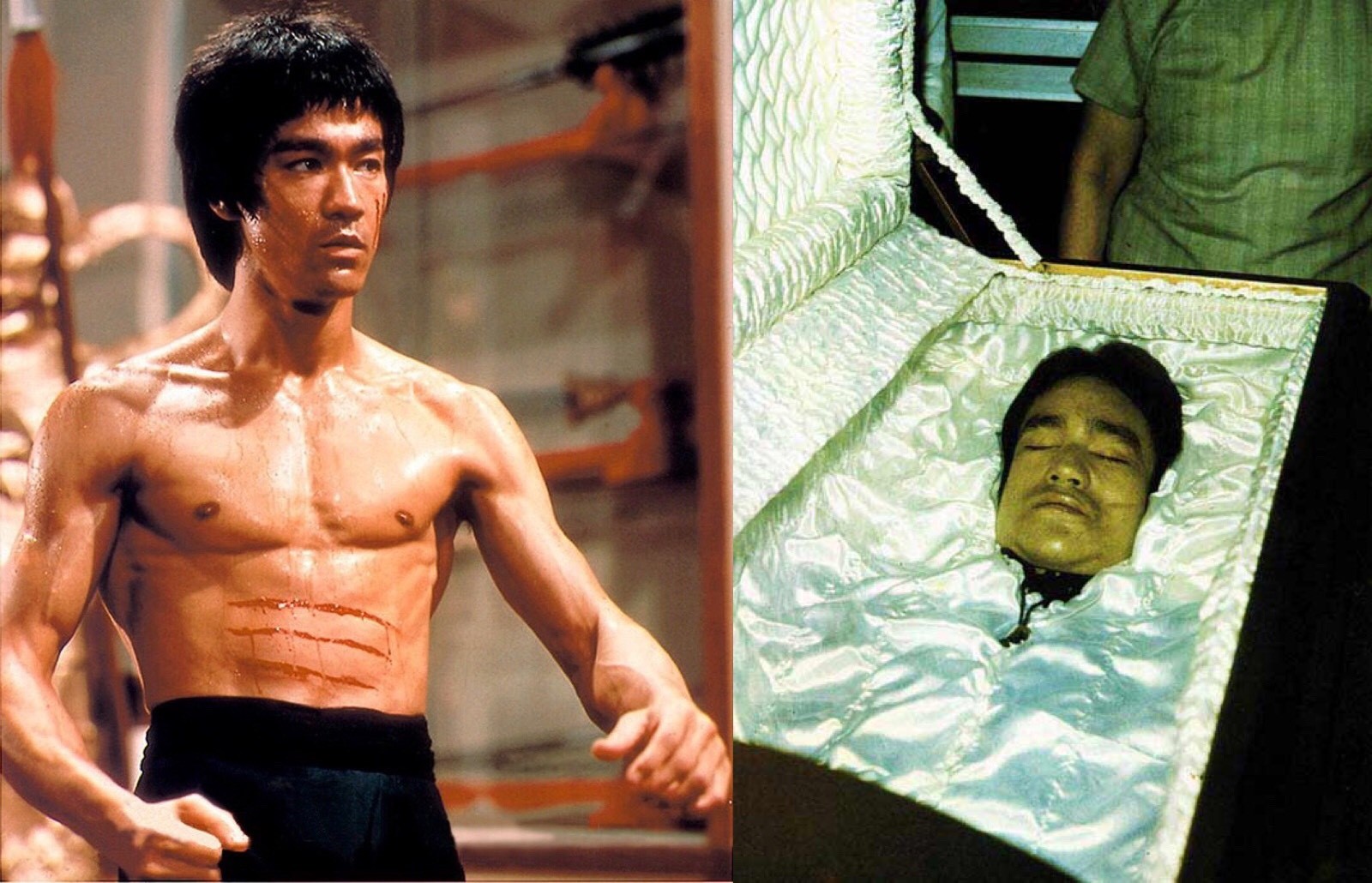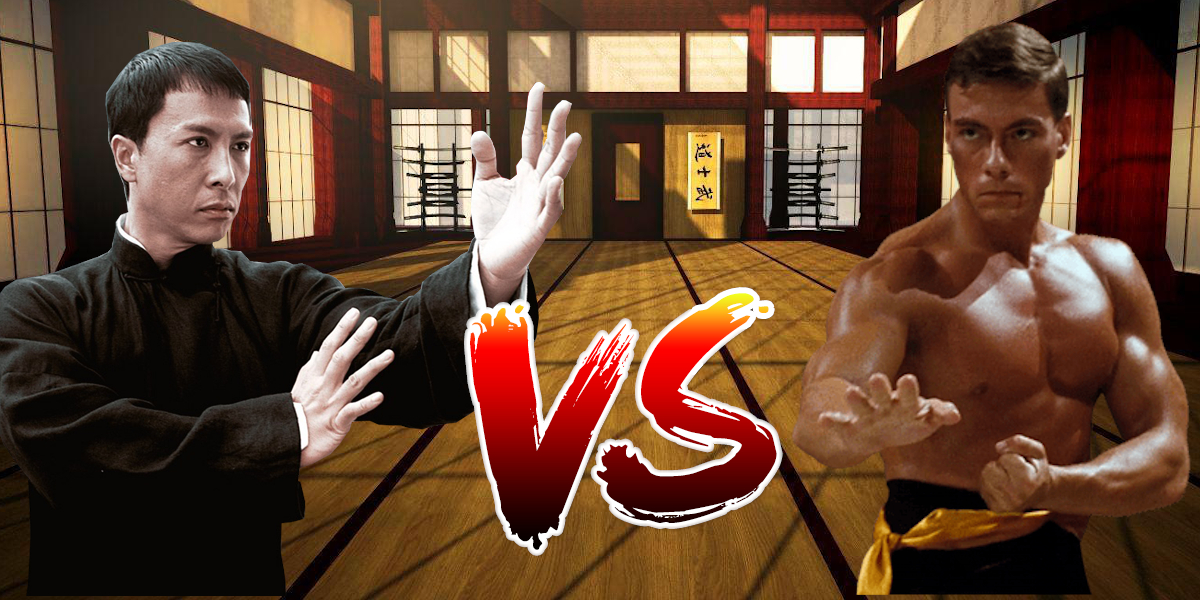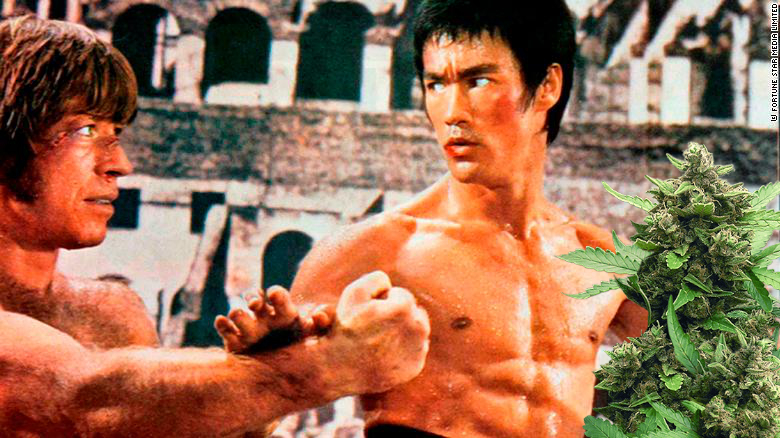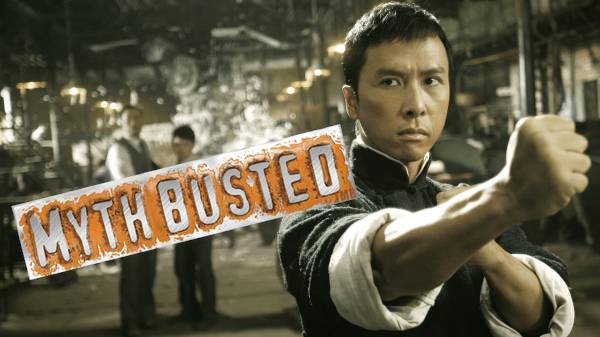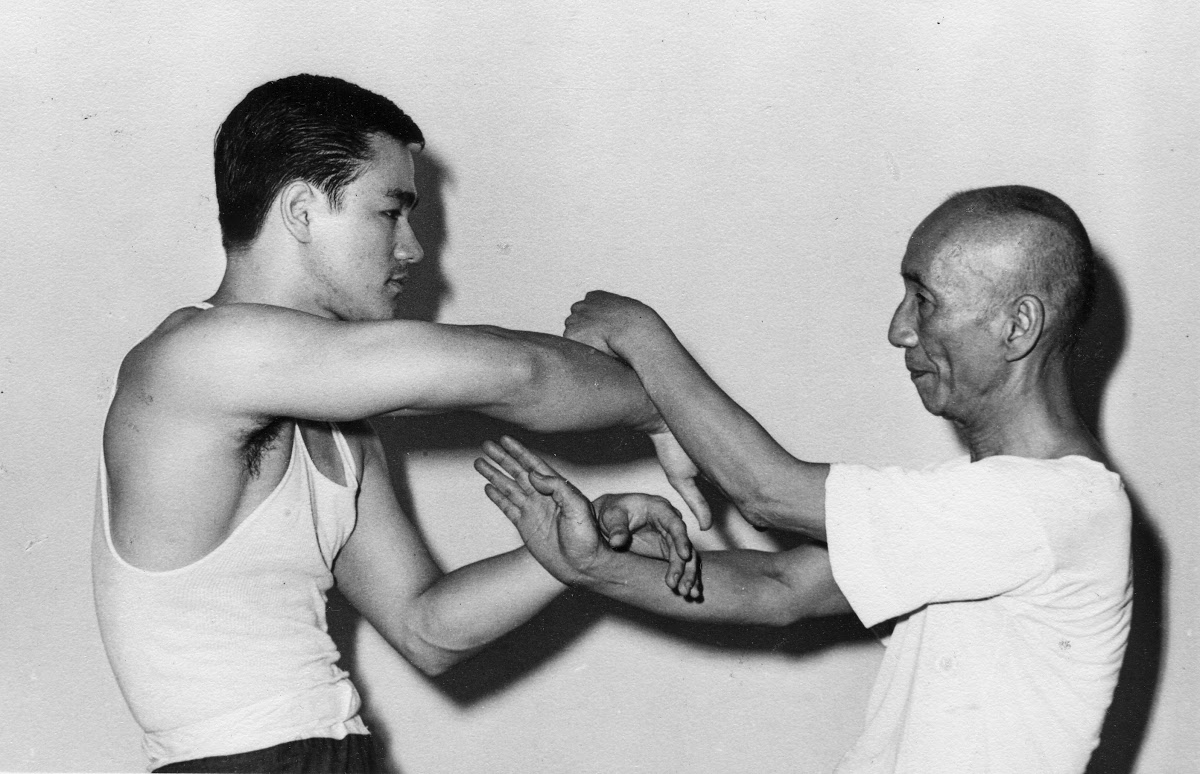Unlock Your Potential with Wing Chun Kung Fu: How to Incorporate Its Principles Into Your Everyday Life
Reading time: 8 minutes
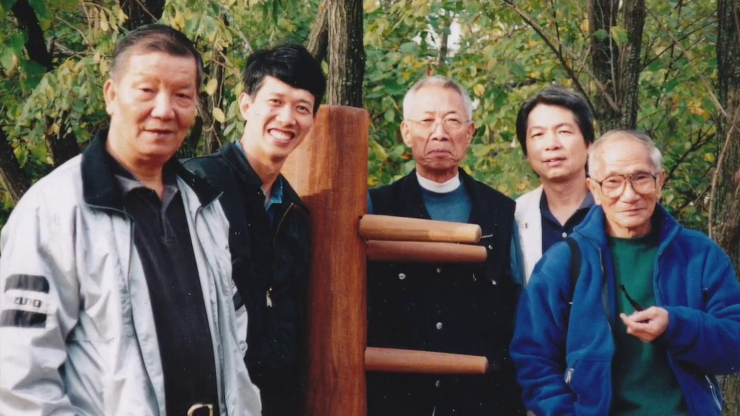
Do you want to unlock your full potential and make the most of your life? Wing Chun Kung Fu may be just the thing you're looking for. This ancient martial art is a powerful self-defense system that has been used for centuries to help its practitioners achieve greater physical and mental health. In this blog article, we'll explore what Wing Chun Kung Fu is, its history, its principles, and how to incorporate its teachings into your everyday life.
What is Wing Chun Kung Fu?
According to the legend, Wing Chun Kung Fu is an ancient Chinese martial art that was developed by Buddhist nun Ng Mui in the late 17th century. It is a close-combat system that relies on quick and precise movements to defend oneself against opponents.
The primary focus of Wing Chun is to use the least amount of energy possible to achieve maximum results. As such, Wing Chun practitioners strive to use efficient techniques that require little effort to execute.
It is a very effective self-defense system, as it is based on the principles of relaxation, the economy of motion, and proper body mechanics. Wing Chun also emphasizes the importance of developing strong mental and emotional discipline. As such, practitioners must work to cultivate their minds and bodies in order to maximize their potential.
The History of Wing Chun

The history of Wing Chun is steeped in legend and mystery. It is believed that Ng Mui developed the system after witnessing a fight between a crane and a snake. She then used the animals' movements to create the Wing Chun technique. Ng Mui then passed the system down to her student, Yim Wing Chun, who is credited with giving the system its name.
Wing Chun eventually spread throughout China and eventually to other parts of the world. Today, it is practiced in many countries and is one of the most popular martial arts in the world. It has been featured in many martial arts movies and is often used in self-defense classes and competitions.
The Principles of Wing Chun Kung Fu
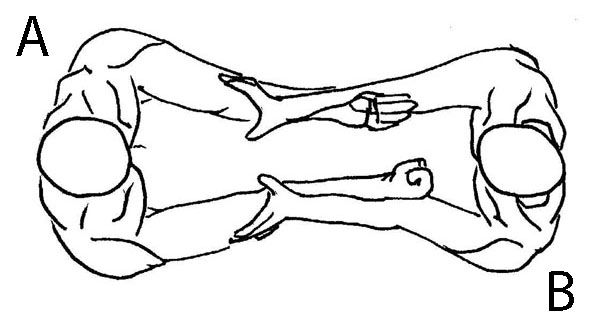
Wing Chun Kung Fu is based on four core principles: relaxation, the economy of motion, proper body mechanics, and mental and emotional discipline.
Relaxation is key for Wing Chun practitioners. The idea is to use the least amount of energy and effort possible in order to achieve maximum results. This requires practitioners to relax their bodies and maintain a relaxed state even during strenuous activities.
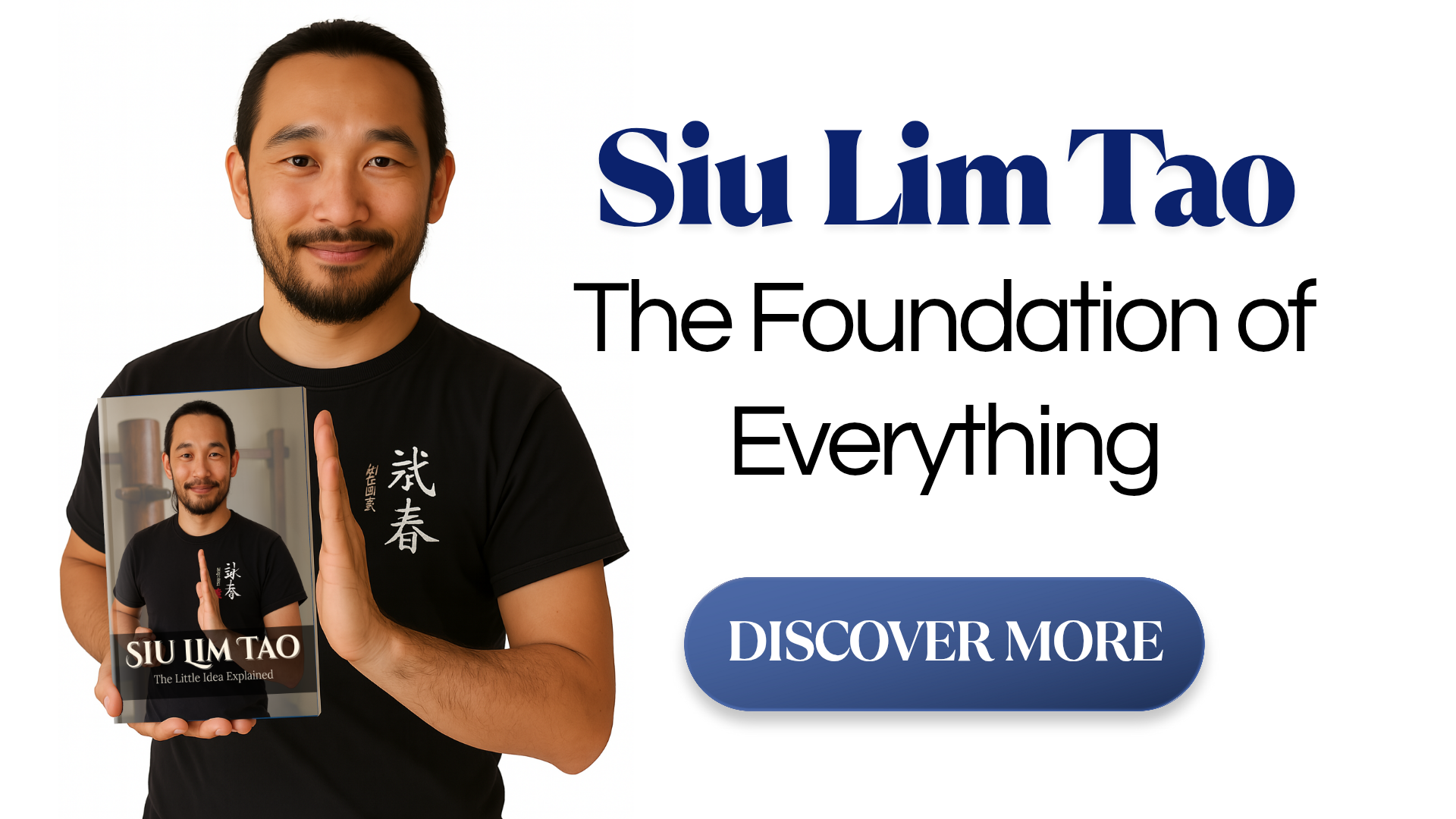
The economy of motion is also important in Wing Chun. This means that practitioners should use the shortest and most efficient path to attack or defend. This principle emphasizes the importance of using quick and precise movements to achieve maximum effectiveness.
Body mechanics are also essential in Wing Chun. This involves proper body alignment, posture, and balance. Practitioners must strive to maintain proper body mechanics in order to maximize their efficiency and effectiveness.
Finally, mental and emotional discipline is essential in Wing Chun. Practitioners must learn to maintain focus and remain calm and composed in order to maximize their potential.
How to Incorporate Wing Chun Principles Into Your Everyday Life
Wing Chun principles can be applied to everyday life in order to unlock one's potential. Here are some tips on how to do this:
- Practice relaxation: Take some time each day to relax your body and mind. This can be done through meditation, yoga, or other relaxation techniques. By learning to relax, you can increase your focus and efficiency in all aspects of life.
- Develop economy of motion: Learn to use the most efficient path to achieve your goals. This can be done by breaking down tasks into manageable chunks and setting realistic goals. This will help you to use your time and energy more effectively.
- Improve body mechanics: Pay attention to your posture, alignment, and balance. This can be done through stretching, yoga, and other forms of exercise. Improving your body mechanics can help to improve your overall health and efficiency.
- Cultivate mental and emotional discipline: Take time to practice mindfulness and meditation. This will help you to stay focused on your goals and maintain a positive attitude.
The Benefits of Wing Chun Kung Fu
Wing Chun Kung Fu offers a variety of benefits to its practitioners. Here are some of the key benefits:
- Improved physical health: Through Wing Chun, practitioners learn proper body mechanics, which can lead to improved physical health. This can include increased strength, flexibility, and agility.
- Improved mental health: Wing Chun also helps to cultivate mental and emotional discipline, which can lead to improved mental health and a more positive outlook on life.
- Improved self-defense skills: Wing Chun is an effective martial art that can teach practitioners how to defend themselves in dangerous situations.
- Improved focus and concentration: Wing Chun can help practitioners to stay focused and increase their concentration. This can be beneficial in all aspects of life.
- Improved confidence: Wing Chun can help practitioners to build confidence in their abilities and increase their self-esteem.
What Makes Wing Chun Different From Other Martial Arts?
Wing Chun is unique from other martial arts in several ways. Firstly, it focuses on efficient and precise movements that require little effort to execute. Secondly, it emphasizes the importance of relaxation and proper body mechanics.
This makes Wing Chun easier to learn and more suitable for people of all ages and abilities. Finally, Wing Chun has a strong emphasis on mental and emotional discipline. This makes it a great option for anyone looking to develop their mental and emotional strength.
Common Wing Chun Techniques
Wing Chun is based on several core techniques, which are used to attack and defend against opponents. These include:
- Strikes: Strikes are used to attack an opponent's vital points. This can include punches, kicks, and hand strikes.
- Blocks: Blocks are used to defend against an opponent's attacks. This can include kicks, punches, and hand strikes.
- Grapples: Grapples are used to control an opponent's body and force them into submission. This can include joint locks, throws, and holds.
- Evasions: Evasions are used to avoid an opponent's attacks. This can include dodging, parrying, and footwork.
Wing Chun Training Tips

In order to maximize your potential with Wing Chun, it is important to practice regularly and follow these tips:
- Start slow: Don't try to rush your progress. Take your time and focus on perfecting each technique before moving on to the next.
- Focus on relaxation: Relax your body and mind in order to maximize your efficiency and effectiveness.
- Practice regularly: Develop a regular training routine and stick to it. This will help you to stay motivated and on track.
- Listen to your body: Pay attention to your body and take breaks when needed. This will help you to avoid injuries and burnout.
- Have fun: Most importantly, have fun! Enjoy the process and enjoy the journey.
Wing Chun Sparring Tips
Sparring is an important part of Wing Chun training. Here are some tips for sparring:
- Be mindful: Be aware of your opponent's movements and be prepared to defend or attack.
- Stay relaxed: Relax your body and mind in order to maximize your efficiency and effectiveness.
- Keep your distance: Stay at a distance that allows you to defend yourself and attack your opponent.
- Be patient: Don't rush into a fight. Wait for the right moment to strike.
- Have fun: Enjoy the process and have fun.
Conclusion
Wing Chun Kung Fu is an ancient martial art that has been used for centuries to help its practitioners unlock their full potential. It is based on four core principles: relaxation, the economy of motion, proper body mechanics, and mental and emotional discipline. These principles can be applied to everyday life in order to maximize one's potential.
Wing Chun also offers a variety of benefits, such as improved physical and mental health, improved self-defense skills, and improved focus and concentration. Finally, Wing Chun is unique from other martial arts in that it focuses on efficient and precise movements that require little effort to execute.

If you're looking to unlock your potential and make the most of your life, then Wing Chun Kung Fu may be just the thing you need. So why not give it a try? Join a Wing Chun class and see what amazing things you can achieve.
Thank you. Your comment will be approved shortly.
Comments
Thank you. Your comment will be approved shortly.
Thank you. Your comment will be approved shortly.
Thank you. Your comment will be approved shortly.
Thank you. Your comment will be approved shortly.
Thank you. Your comment will be approved shortly.

